Books, Selected essays & Interviews
The Foucault Trilogy
Mad for Foucault: Rethinking the Foundations of Queer Theory (2009)
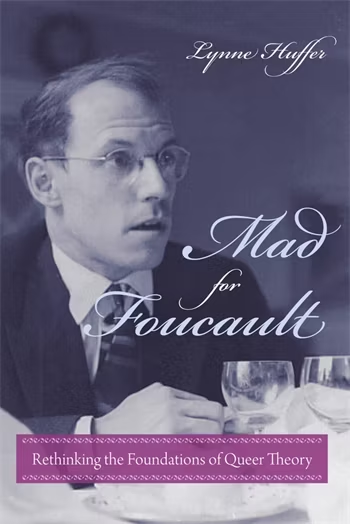
Michel Foucault was the first to embed the roots of human sexuality in discipline and biopolitics, therefore revolutionizing our conception of sex and its relationship to society, economics, and culture. Yet over the past two decades, scholars have limited themselves to the study of Foucault’s History of Sexuality, volume 1 paying lesser attention to his equally explosive History of Madness. In this earlier volume, Foucault recasts Western rationalism as a project that both produces and represses sexual deviants, calling out the complicity of modern science and the exclusionary nature of family morality. By reclaiming these deft moves, Lynne Huffer teases out exciting new strands of Foucauldian thought. She then revisits the theorist’s ethical work in light of these discoveries, divining an ethics of eros that sees sexuality as a lived experience we are repeatedly called on to remember. Throughout her study, Huffer weaves her own experiences together with Foucault’s, sampling from unpublished interviews and other archived materials in order to intimately rework the problem of sexuality as a product of reason.
Are the Lips a Grave: Queer Feminist on the Ethics of Sex (2013)
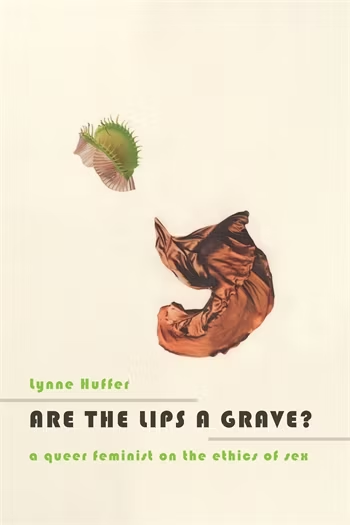 Lynne Huffer’s ambitious inquiry redresses the rift between feminist and queer theory, traversing the space of a new, post-moral sexual ethics that includes pleasure, desire, connection, and betrayal. She begins by balancing queer theorists’ politics of sexual freedoms with a moralizing feminist politics that views sexuality as harm. Drawing on the best insights from both traditions, she builds an ethics centered on eros, following Michel Foucault’s ethics as a practice of freedom and Luce Irigaray’s lyrical articulation of an ethics of sexual difference.
Lynne Huffer’s ambitious inquiry redresses the rift between feminist and queer theory, traversing the space of a new, post-moral sexual ethics that includes pleasure, desire, connection, and betrayal. She begins by balancing queer theorists’ politics of sexual freedoms with a moralizing feminist politics that views sexuality as harm. Drawing on the best insights from both traditions, she builds an ethics centered on eros, following Michel Foucault’s ethics as a practice of freedom and Luce Irigaray’s lyrical articulation of an ethics of sexual difference.
Through this theoretical lens, Huffer examines everyday experiences of ethical connection and failure connected to sex, including queer sexual practices, sodomy laws, interracial love, pornography, and work-life balance. Her approach complicates sexual identities while challenging the epistemological foundations of subjectivity. She rethinks ethics “beyond good and evil” without underestimating, as some queer theorists have done, the persistence of what Foucault calls the “catastrophe” of morality. Elaborating a thinking-feeling ethics of the other, Huffer encourages contemporary intellectuals to reshape sexual morality from within, defining an ethical space that is both poetically suggestive and politically relevant, both conceptually daring and grounded in common sexual experience.
Foucault's Strange Eros (2020)
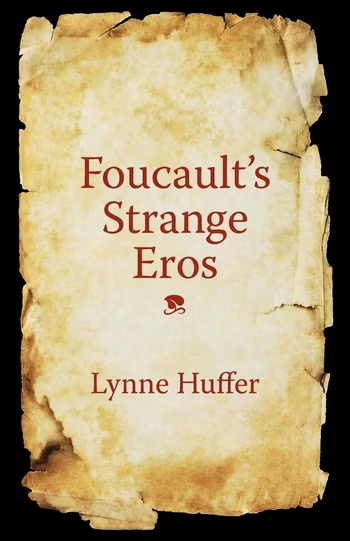 What is the strange eros that haunts Foucault’s writing? In this deeply original consideration of Foucault’s erotic ethics, Lynne Huffer provocatively rewrites Foucault as a Sapphic poet. She uncovers eros as a mode of thought that erodes the interiority of the thinking subject. Focusing on the ethical implications of this mode of thought, Huffer shows how Foucault’s poetic archival method offers a way to counter the disciplining of speech.
What is the strange eros that haunts Foucault’s writing? In this deeply original consideration of Foucault’s erotic ethics, Lynne Huffer provocatively rewrites Foucault as a Sapphic poet. She uncovers eros as a mode of thought that erodes the interiority of the thinking subject. Focusing on the ethical implications of this mode of thought, Huffer shows how Foucault’s poetic archival method offers a way to counter the disciplining of speech.
At the heart of this method is a conception of the archive as Sapphic: the past’s remains are, like Sappho’s verses, hole-ridden, scattered, and dissolved by time. Listening for eros across fragmented texts, Huffer stages a series of encounters within an archive of literary and theoretical readings: the eroticization of violence in works by Freud and Eve Kosofsky Sedgwick, the historicity of madness in the Foucault-Derrida debate, the afterlives of Foucault’s antiprison activism, and Monique Wittig’s Sapphic materialism. Through these encounters, Foucault’s Strange Eros conceives of ethics as experiments in living that work poetically to make the present strange. Crafting fragments that dissolve into Sapphic brackets, Huffer performs the ethics she describes in her own practice of experimental writing. Foucault’s Strange Eros hints at the self-hollowing speech of an eros that opens a space for the strange.
Maternal Pasts, Feminist Futures: Nostalgia, Ethics, and the Question of Difference (1998)

This book examines the relations among nostalgia, gender, and foundational philosophies through a critique of the lost mother as a ground for thinking about sexual difference. More specifically, the author critiques the nostalgic tendencies of feminist theory, arguing that an emancipatory system of thought must move beyond a maternally oriented structure.
Through close readings of works by Maurice Blanchot, Luce Irigaray, Julia Kristeva, and Nicole Brossard, the book elucidates the many dimensions of nostalgic paradigms—literary, psychoanalytic, epistemological, ontological, and sociopolitical. This critique ultimately confronts postmodernism, and especially the burgeoning field of performative theory, as an intellectual paradigm that claims to subvert systems of meaning. Analyzing the writings of J. L. Austin, Judith Butler, and Irigaray, the author argues that despite its antinostalgic structure, performative theory provides an inadequate model for understanding the connections among language, identity, and the social bonds that constitute the ethical and political sphere.
Asserting, through the example of performative theory, that a critique is not enough, the book examines the possibility of a constructive model that is both non-nostalgic and informed by ethical constraints. One such model is offered through a reading of the Quebecois writer Nicole Brossard, which explores her work in relation to the question of lesbian writing. Demystifying nostalgia, Brossard not only uncovers and subverts the structures through which a concept of origins is produced, but also provides a different, visionary way of thinking about the relationship between subjectivity and language.
Finally, the book argues for further feminist work on the relationship between narrative and ethics, a field whose future lies in the elaboration of a bridge between the moral commitments of ethical theory and the fractured realities that find their expression in literary forms.
Another Colette: The Question of Gendered Writing (1992)
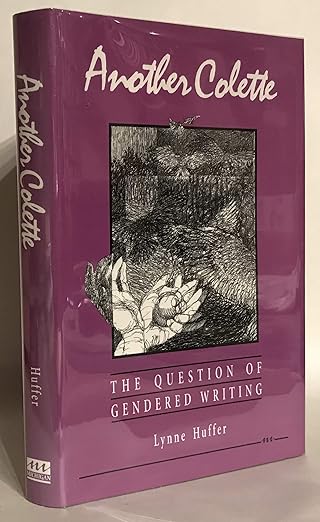
Despite the reading public’s ready embrace of French writer Colette (1873-1954) as author and public figure, her work has sometimes been dismissed as trivial or feminine and as largely unassimilable to the major trends that mark twentieth-century French literary studies. This study critically rereads the author’s oeuvre to reveal another Colette – one who employed specific narrative strategies to construct a gendered textual subject separate from herself – and highlights the contradictions that arise from that construction.
Another Colette offers a revisionary reading of Colette in light of poststructuralist and feminist criticism, particularly that of Derrida, Lacan, and Kristeva, and makes a significant contribution to current questions regarding the relationship of gender, sexuality, and language. In moving beyond the traditional gesture of reading the work of a woman writer as no more than her own experience, the study argues for a view of language that expands the possibilities of rereading. This analysis of Colette as text thus questions previous conceptions of reading “woman”; in reading Colette as more than Colette, the book opens up a range of future possibilities of reading as.
Another Colette will interest scholars and students of Colette and of twentieth-century French literature. It will also appeal to feminist scholars and those working on theoretical questions regarding gender, sexuality, and language.
Maternal Pasts, Feminist Futures: Nostalgia, Ethics, and the Question of Difference (1998)

This book examines the relations among nostalgia, gender, and foundational philosophies through a critique of the lost mother as a ground for thinking about sexual difference. More specifically, the author critiques the nostalgic tendencies of feminist theory, arguing that an emancipatory system of thought must move beyond a maternally oriented structure.
Through close readings of works by Maurice Blanchot, Luce Irigaray, Julia Kristeva, and Nicole Brossard, the book elucidates the many dimensions of nostalgic paradigms—literary, psychoanalytic, epistemological, ontological, and sociopolitical. This critique ultimately confronts postmodernism, and especially the burgeoning field of performative theory, as an intellectual paradigm that claims to subvert systems of meaning. Analyzing the writings of J. L. Austin, Judith Butler, and Irigaray, the author argues that despite its antinostalgic structure, performative theory provides an inadequate model for understanding the connections among language, identity, and the social bonds that constitute the ethical and political sphere.
Asserting, through the example of performative theory, that a critique is not enough, the book examines the possibility of a constructive model that is both non-nostalgic and informed by ethical constraints. One such model is offered through a reading of the Quebecois writer Nicole Brossard, which explores her work in relation to the question of lesbian writing. Demystifying nostalgia, Brossard not only uncovers and subverts the structures through which a concept of origins is produced, but also provides a different, visionary way of thinking about the relationship between subjectivity and language.
Finally, the book argues for further feminist work on the relationship between narrative and ethics, a field whose future lies in the elaboration of a bridge between the moral commitments of ethical theory and the fractured realities that find their expression in literary forms.
Another Colette: The Question of Gendered Writing (1992)

Despite the reading public’s ready embrace of French writer Colette (1873-1954) as author and public figure, her work has sometimes been dismissed as trivial or feminine and as largely unassimilable to the major trends that mark twentieth-century French literary studies. This study critically rereads the author’s oeuvre to reveal another Colette – one who employed specific narrative strategies to construct a gendered textual subject separate from herself – and highlights the contradictions that arise from that construction.
Another Colette offers a revisionary reading of Colette in light of poststructuralist and feminist criticism, particularly that of Derrida, Lacan, and Kristeva, and makes a significant contribution to current questions regarding the relationship of gender, sexuality, and language. In moving beyond the traditional gesture of reading the work of a woman writer as no more than her own experience, the study argues for a view of language that expands the possibilities of rereading. This analysis of Colette as text thus questions previous conceptions of reading “woman”; in reading Colette as more than Colette, the book opens up a range of future possibilities of reading as.
Another Colette will interest scholars and students of Colette and of twentieth-century French literature. It will also appeal to feminist scholars and those working on theoretical questions regarding gender, sexuality, and language.
Foucault’s Fossils: Life Itself and the Return to Nature in Feminist Philosophy (2015)
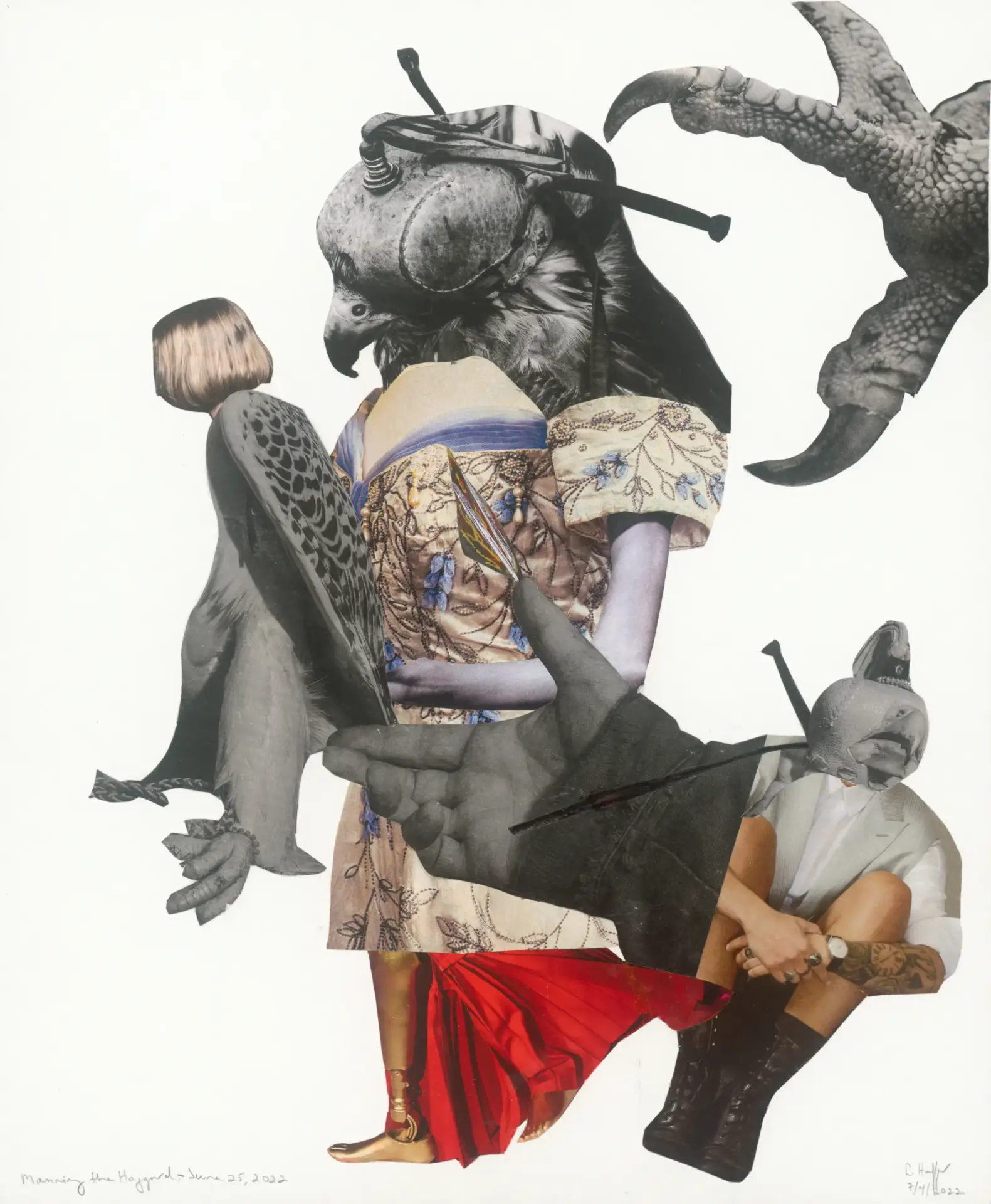
In: Foucault Studies, (20), 122–141.
This essay asks about the return to nature and “life itself” in contemporary feminist philosophy and theory, from the new materialisms to feminist science studies to environmental ethics and critical animal studies. Unlike traditional naturalisms, the contemporary turn to nature is explicitly posthumanist. Shifting their focus away from anti-essentialist critiques of woman-as-nature, these new feminist philosophies of nature have turned toward nonhuman animals, the cosmos, the climate, and life itself as objects of ethical concern. Drawing on Foucault, the essay probes the ethical meanings of the term “life itself” invoked in many of these renaturalizing projects. Focusing especially on the archival matter that guides Foucault’s thinking, I suggest that we rethink “life itself” not as a transhistorical substance but as the unstable materiality of history. I then reframe Foucault’s archival, genealogical perspective through the lens of the Anthropocene and geological time. Reconceiving our archive as a fossil record, I suggest that Foucault has much to contribute to environmental challenges to human exceptionalism and the anthropogenic destruction of other species and ourselves.
Foucault’s Fossils: Life Itself and the Return to Nature in Feminist Philosophy (2015)
In: Foucault Studies, (20), 122–141.

This essay asks about the return to nature and “life itself” in contemporary feminist philosophy and theory, from the new materialisms to feminist science studies to environmental ethics and critical animal studies. Unlike traditional naturalisms, the contemporary turn to nature is explicitly posthumanist. Shifting their focus away from anti-essentialist critiques of woman-as-nature, these new feminist philosophies of nature have turned toward nonhuman animals, the cosmos, the climate, and life itself as objects of ethical concern. Drawing on Foucault, the essay probes the ethical meanings of the term “life itself” invoked in many of these renaturalizing projects. Focusing especially on the archival matter that guides Foucault’s thinking, I suggest that we rethink “life itself” not as a transhistorical substance but as the unstable materiality of history. I then reframe Foucault’s archival, genealogical perspective through the lens of the Anthropocene and geological time. Reconceiving our archive as a fossil record, I suggest that Foucault has much to contribute to environmental challenges to human exceptionalism and the anthropogenic destruction of other species and ourselves.
Cuvier’s Situation in the History of Biology (2017)
In: Foucault Studies, (22), 208–237.

Respite: 12 Anthropocene Fragments (2020)
In: Arizona Quarterly: A Journal of American Literature, Culture, and Theory, vol. 76 no. 1, 2020, p. 167-196.
Cuvier’s Situation in the History of Biology (2017)
In: Foucault Studies, (22), 208–237.
Respite: 12 Anthropocene Fragments (2020)
In: Arizona Quarterly: A Journal of American Literature, Culture, and Theory, vol. 76 no. 1, 2020, p. 167-196.

Foucault's Queer Virgins (2021)
In: Foucault Studies (29), Special Issue: Foucault’s History of Sexuality Vol. 4, Confessions of the Flesh 22–37.
This essay attends to the place of virginity at the center of the fourth volume of Michel Foucault’s History of Sexuality, Les Aveux de la chair, published in French in 2018. Reading virginity through a rhetorical lens, the essay argues for an ethics and a politics of counter-conduct in Foucault characterized by chiasmus, a rhetorical structure of inverted parallelism. That chiastic structure frames Foucault’s Aveux, and all of his work, as a fragmented, self-hollowing speech haunted by death and the dissolution of the subject. The essay reads Foucault as apophatic speech that returns to us, no longer itself, made strange. In that deathly movement of eternal recurrence, Foucault’s Aveux speak after death from the x’d out place of the queer virgin: on a threshold that separates life from death, in a movement of metanoia or ethical conversion. As an unfinished history in fragments, the essay’s form brings attention to incompletion as a crucial aspect of Foucault’s work. The fragmentation that characterizes an unfinished history underscores poetic discontinuity as the hallmark of Foucault’s genealogical method and thought.
Foucault's Queer Virgins (2021)
In: Foucault Studies (29), Special Issue: Foucault’s History of Sexuality Vol. 4, Confessions of the Flesh 22–37.
This essay attends to the place of virginity at the center of the fourth volume of Michel Foucault’s History of Sexuality, Les Aveux de la chair, published in French in 2018. Reading virginity through a rhetorical lens, the essay argues for an ethics and a politics of counter-conduct in Foucault characterized by chiasmus, a rhetorical structure of inverted parallelism. That chiastic structure frames Foucault’s Aveux, and all of his work, as a fragmented, self-hollowing speech haunted by death and the dissolution of the subject. The essay reads Foucault as apophatic speech that returns to us, no longer itself, made strange. In that deathly movement of eternal recurrence, Foucault’s Aveux speak after death from the x’d out place of the queer virgin: on a threshold that separates life from death, in a movement of metanoia or ethical conversion. As an unfinished history in fragments, the essay’s form brings attention to incompletion as a crucial aspect of Foucault’s work. The fragmentation that characterizes an unfinished history underscores poetic discontinuity as the hallmark of Foucault’s genealogical method and thought.
Order and Archive (2024)
In: boundary 2 (2024) 51 (4): 65–97.
This essay reviews the first and last volumes of Stuart Elden’s four‐volume intellectual biography of Michel Foucault, The Early Foucault (2021) and Foucault’s Last Decade (2016). It borrows from Roland Barthes an abecedarian method to experiment with the play between order and archive that subtends Elden’s Foucault series. Like Foucault, Elden deploys an explicitly archival method for thinking philosophically. That method brings both historiographical and conceptual clarity to our understanding of Foucault within the chronological frame of his life. As a poetic order, the acrostic experimentation of abecedarian writing brings into view the nonchronological archival murmur that both shapes and exceeds Elden’s ordering of fragments in dossiers and the gaps between them.
Order and Archive (2024)
In: boundary 2 (2024) 51 (4): 65–97.
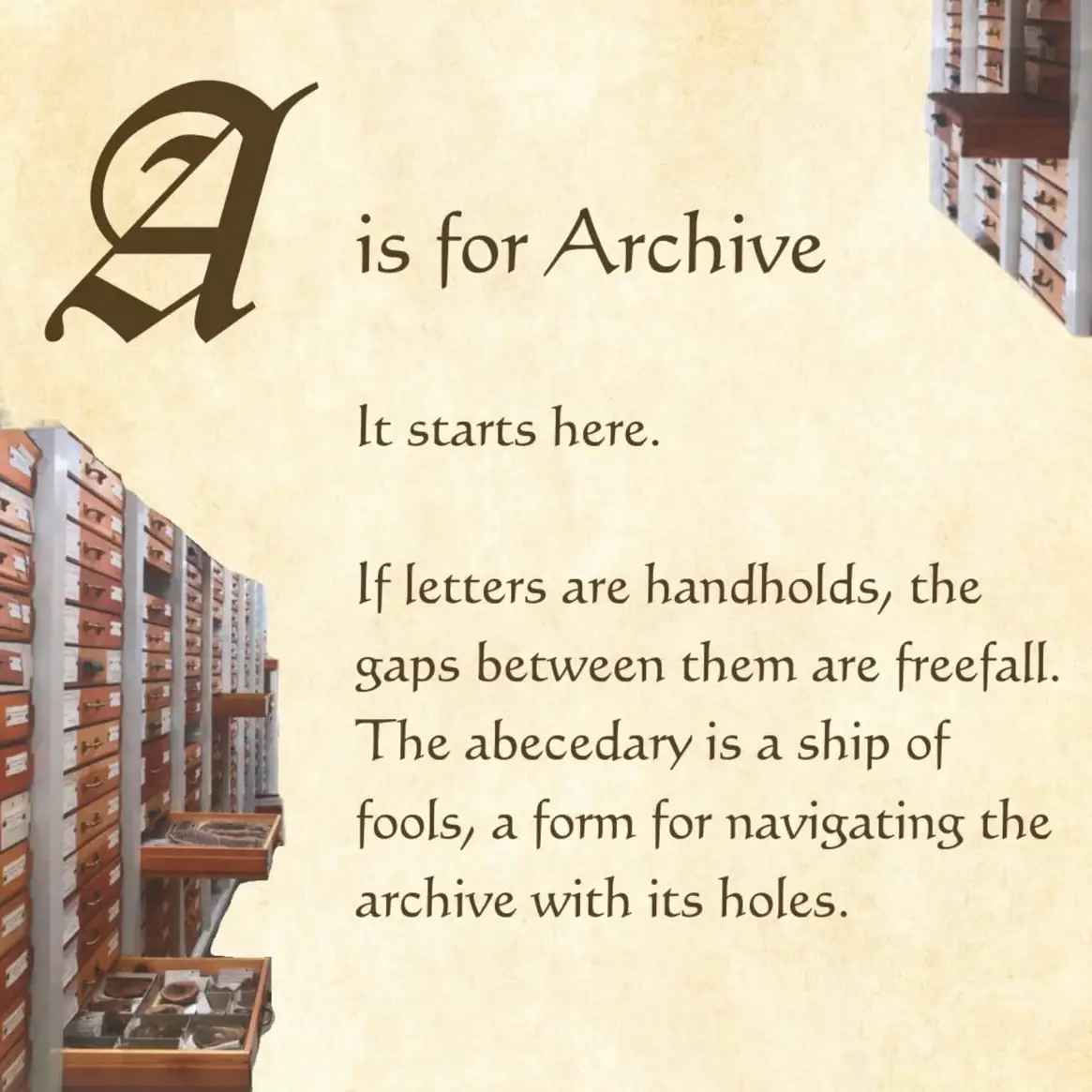

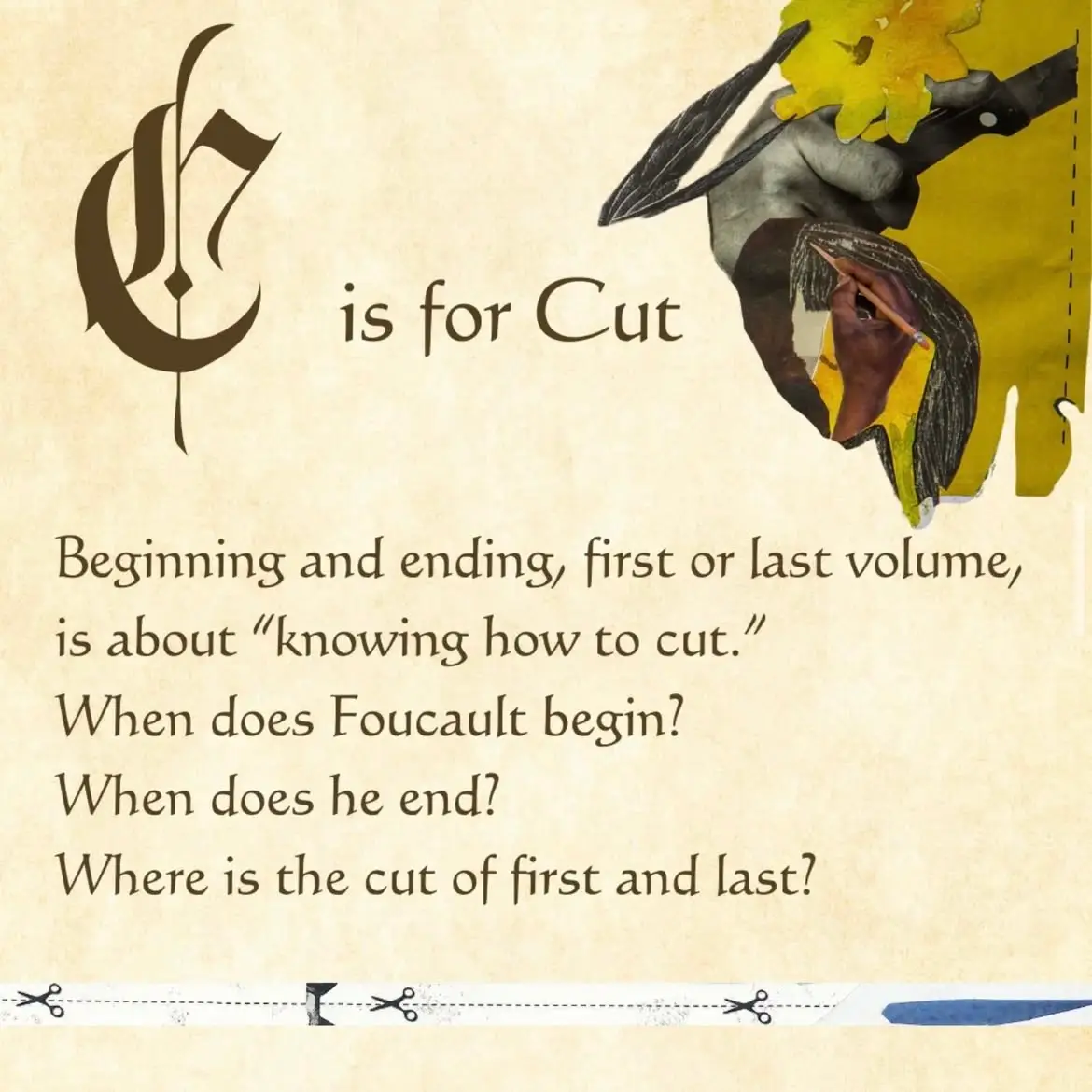
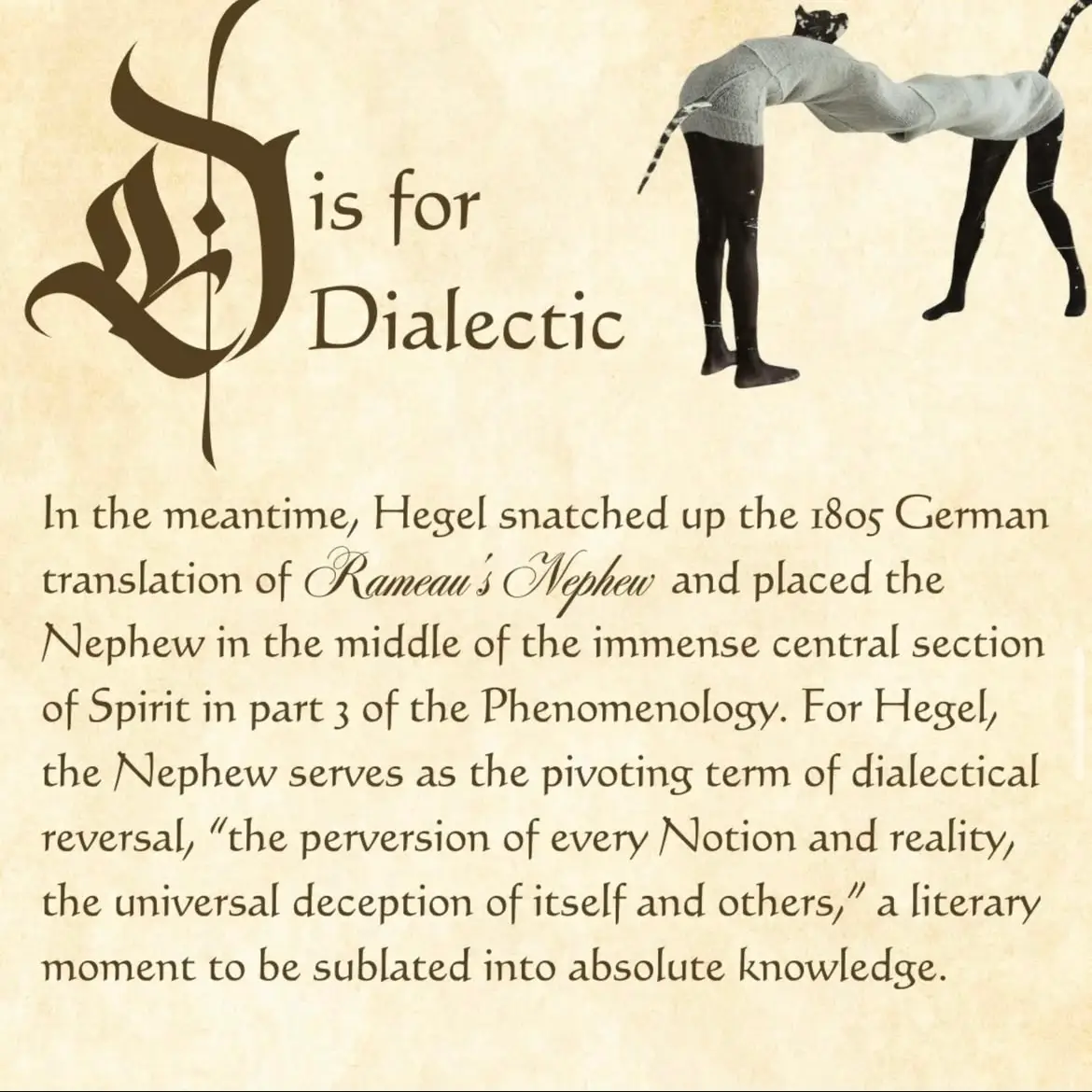
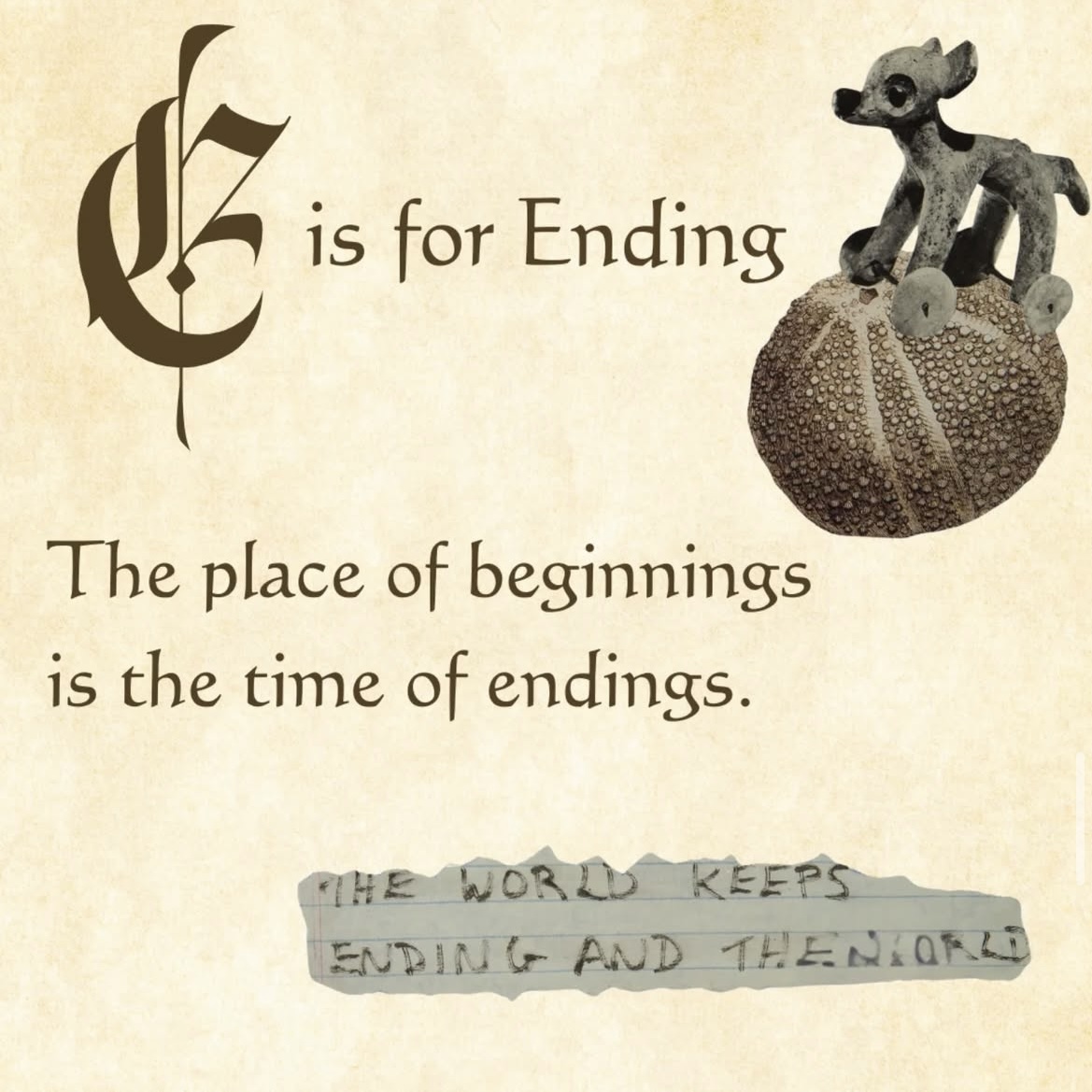
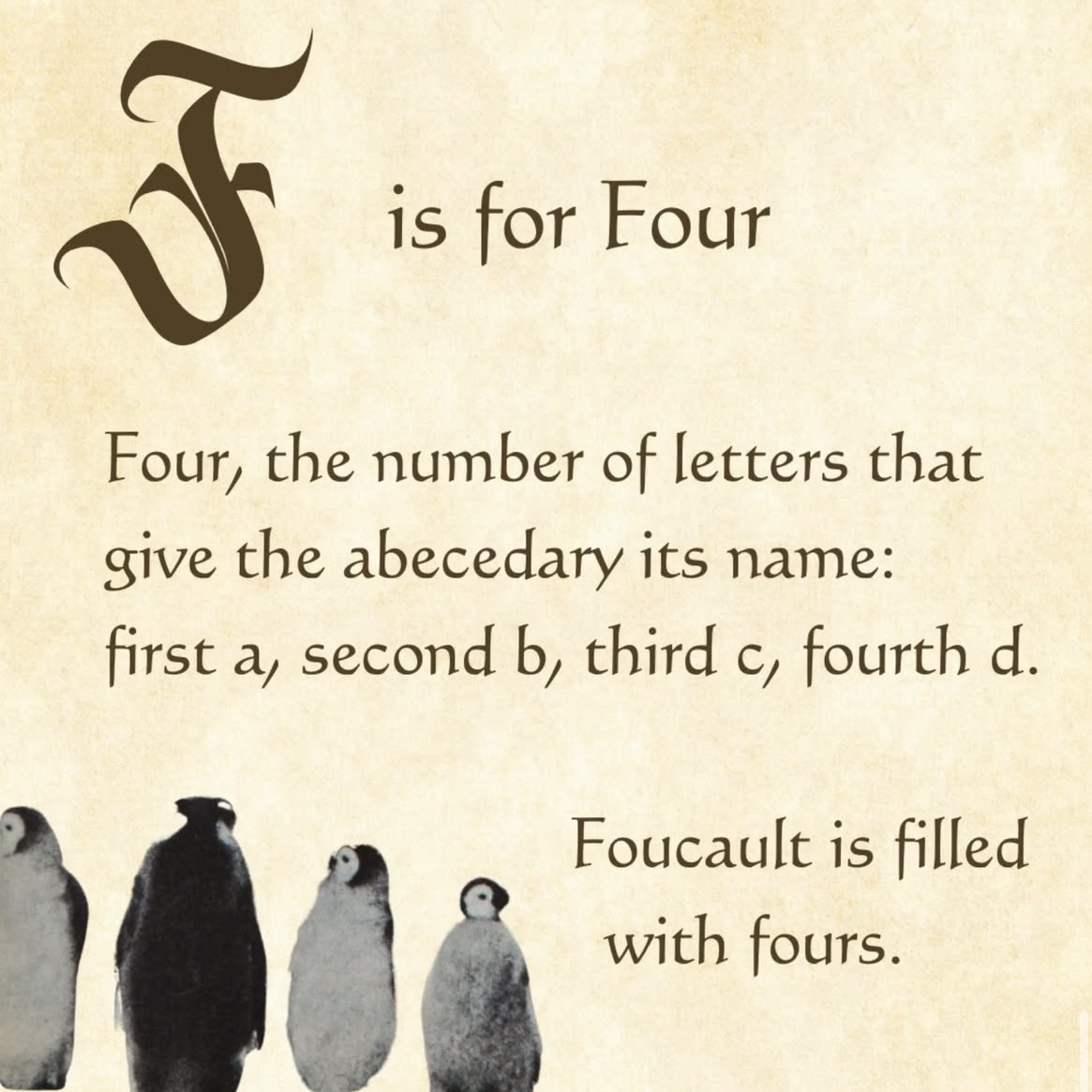
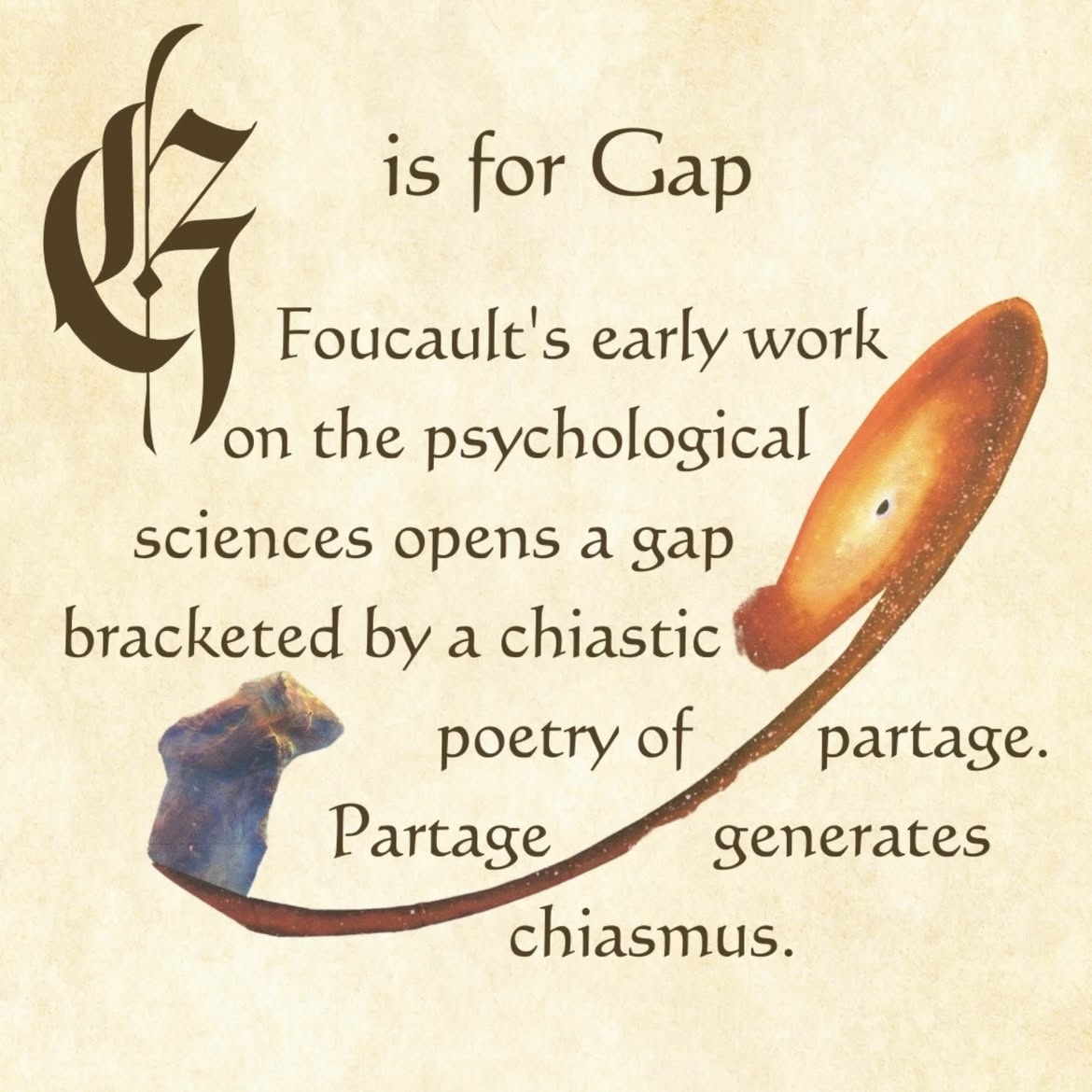
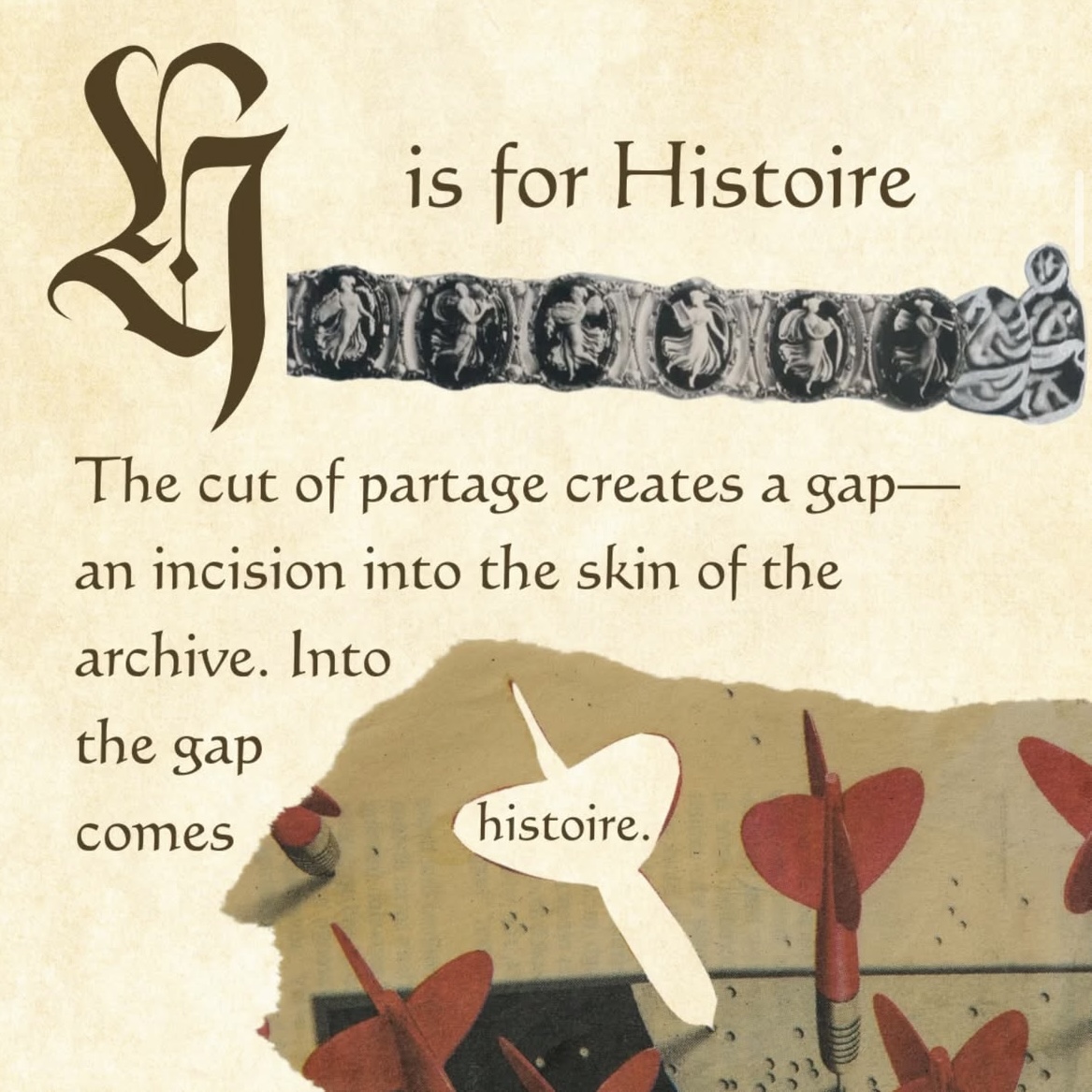
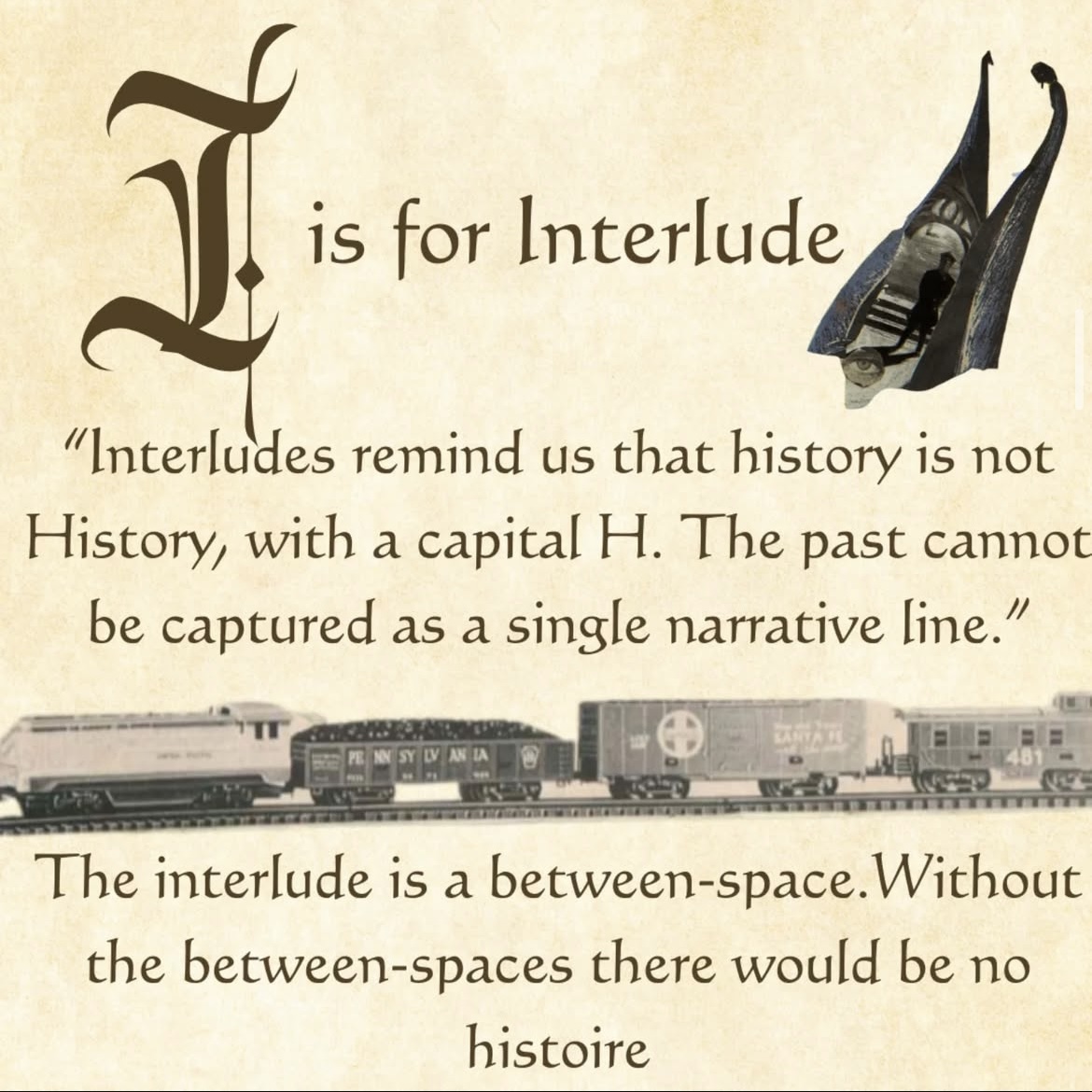
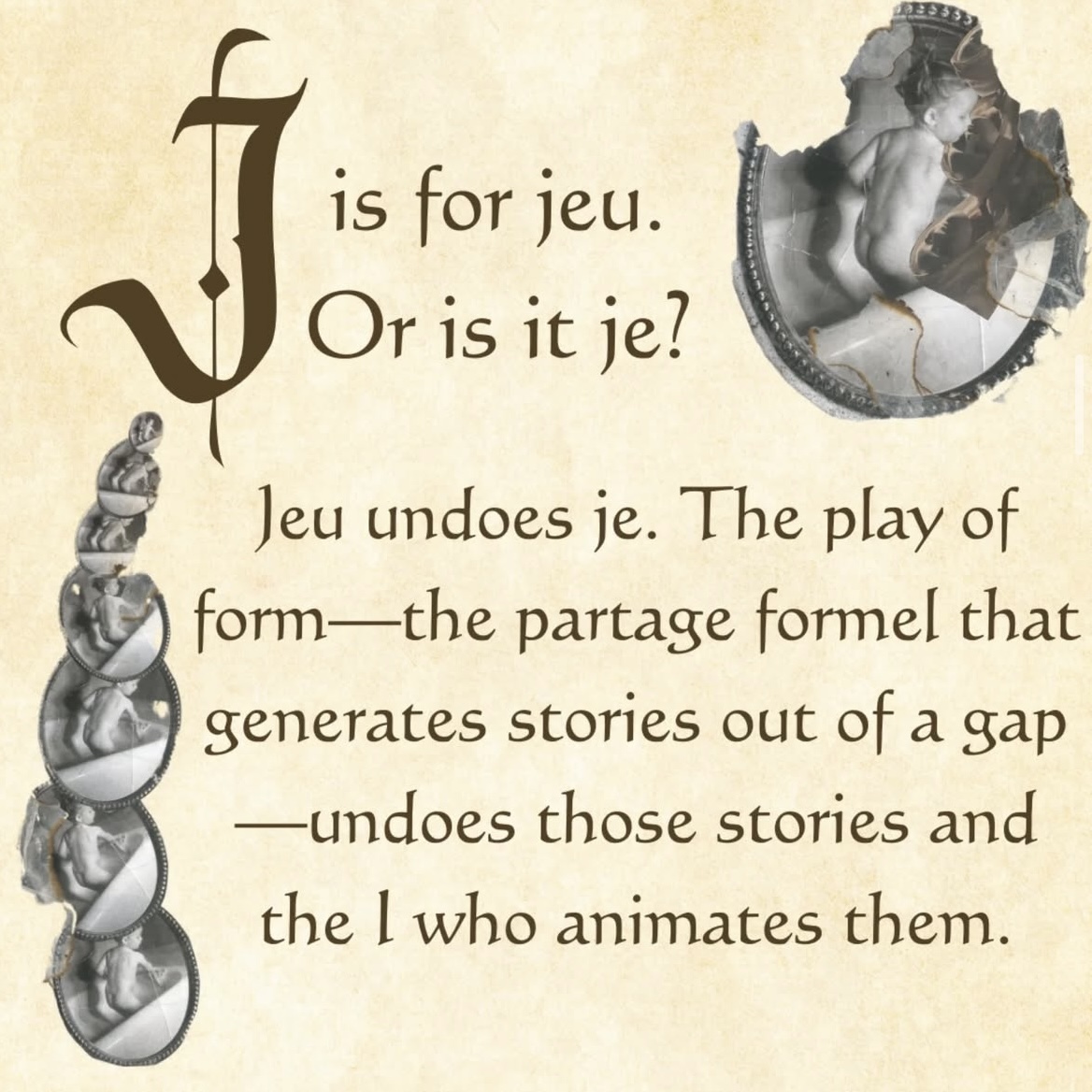
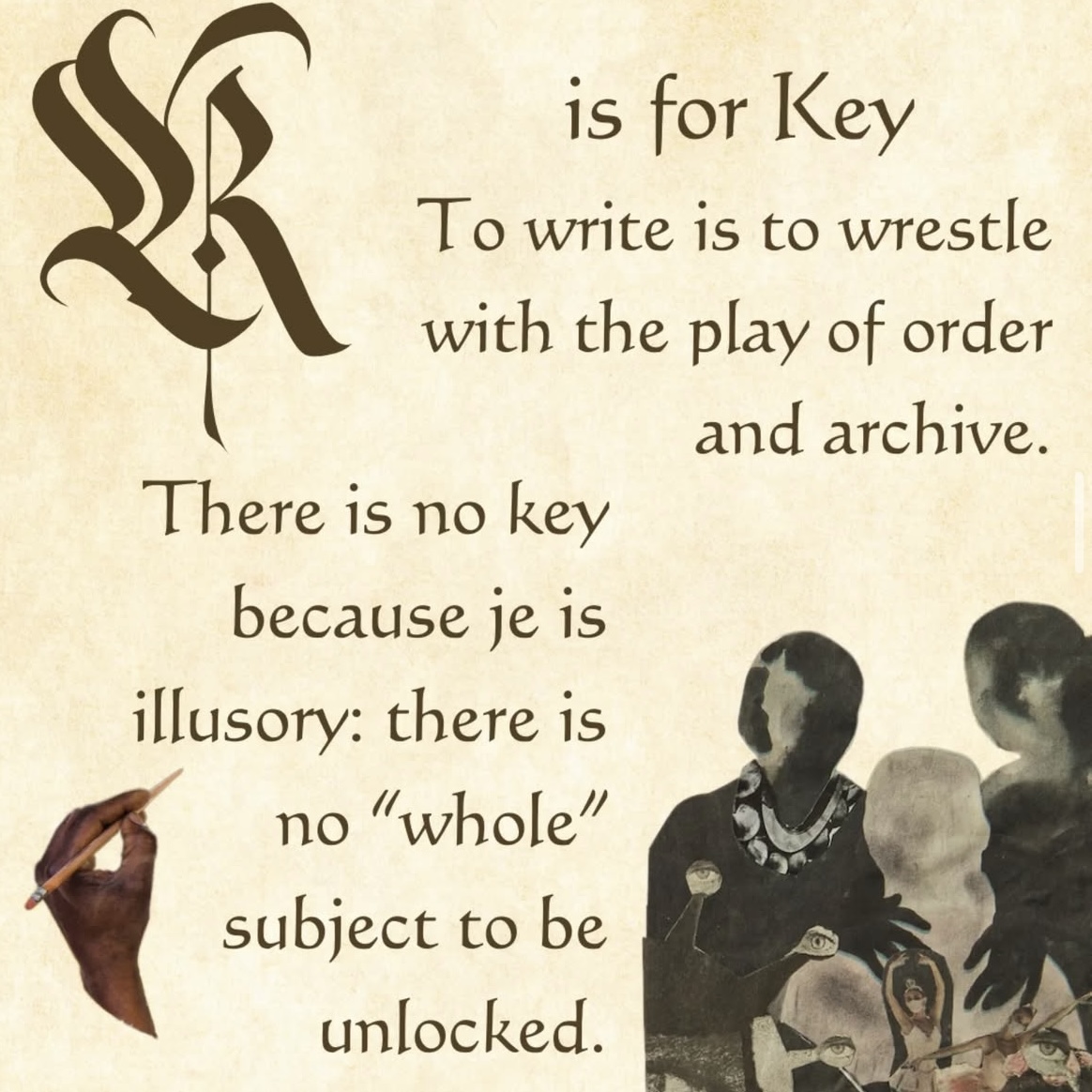
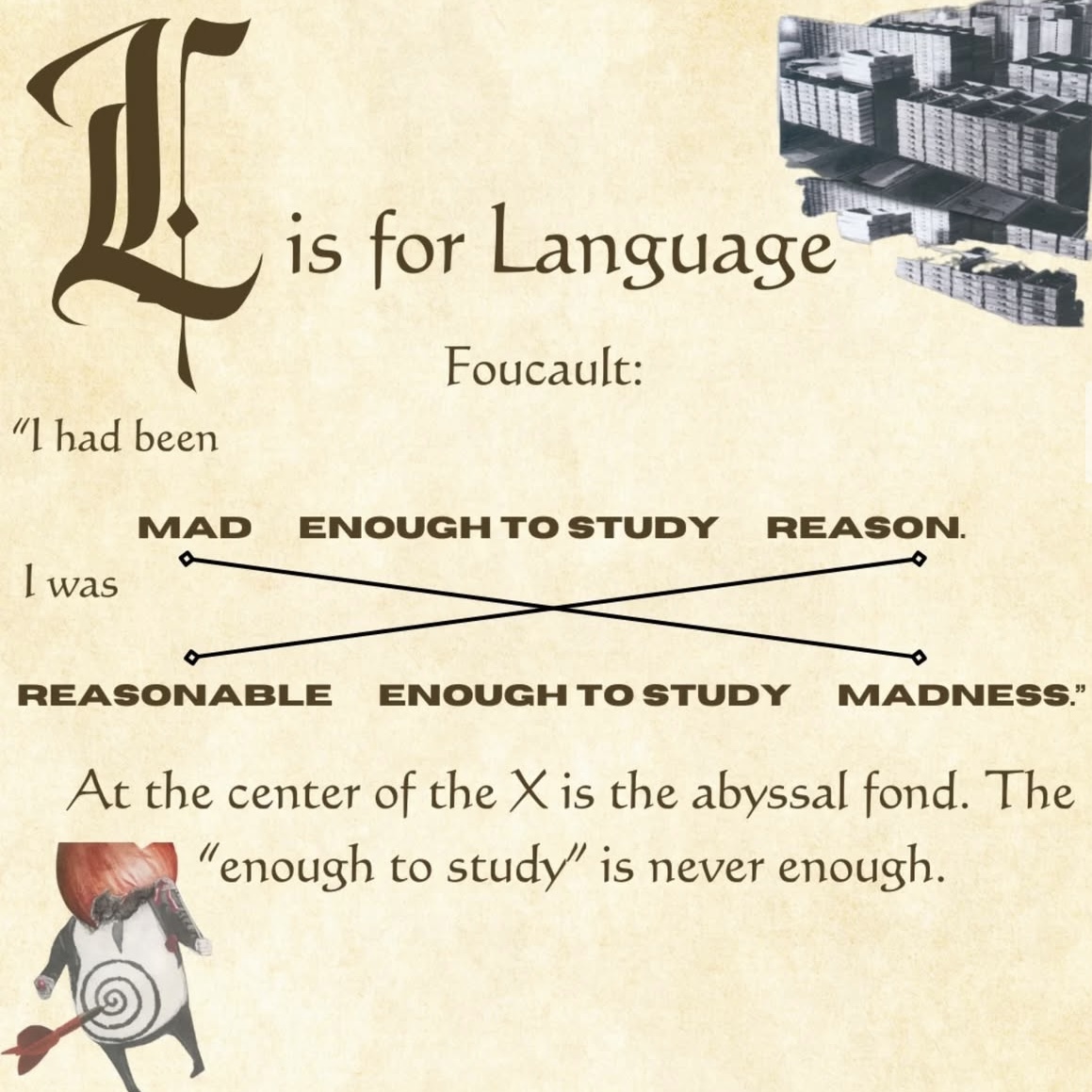

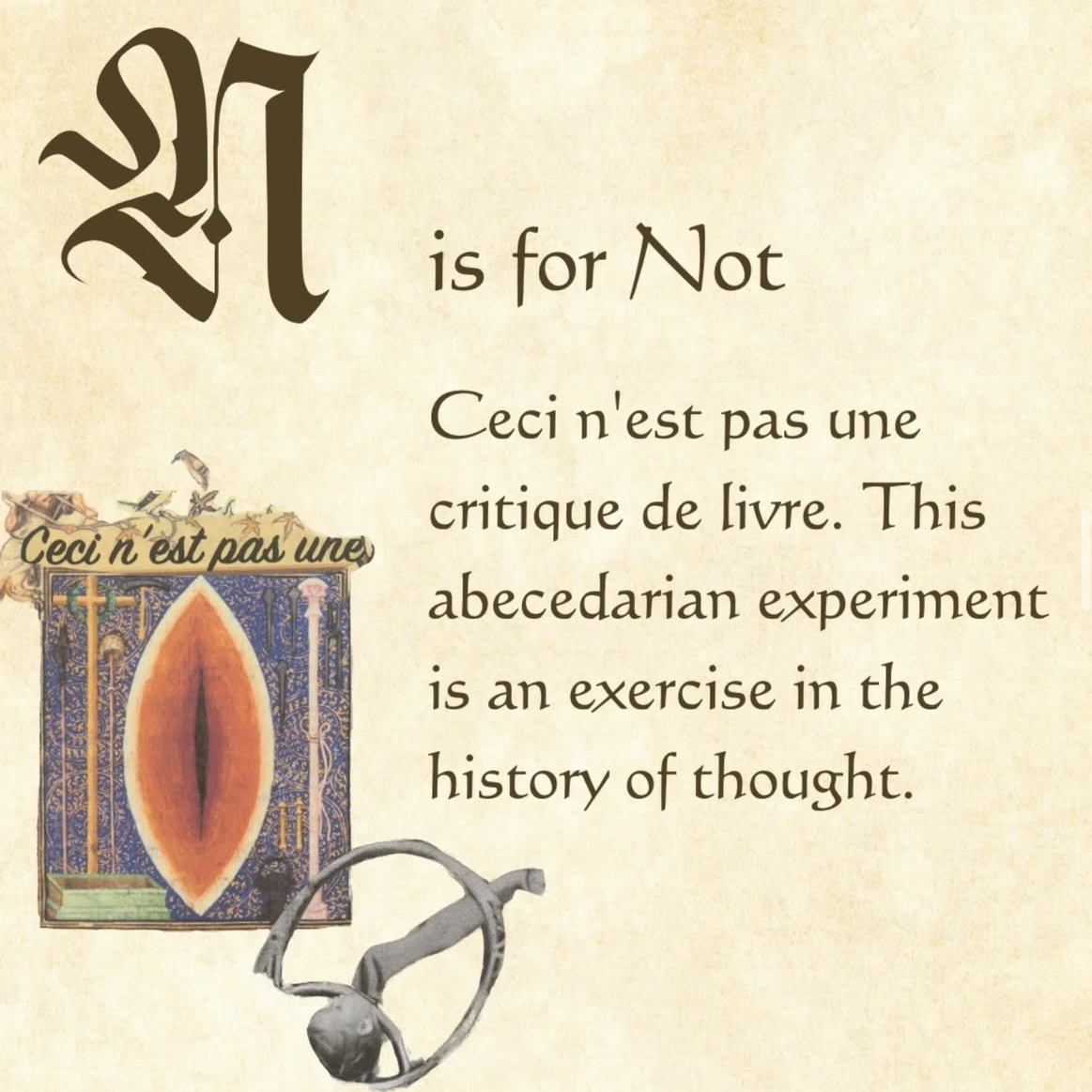
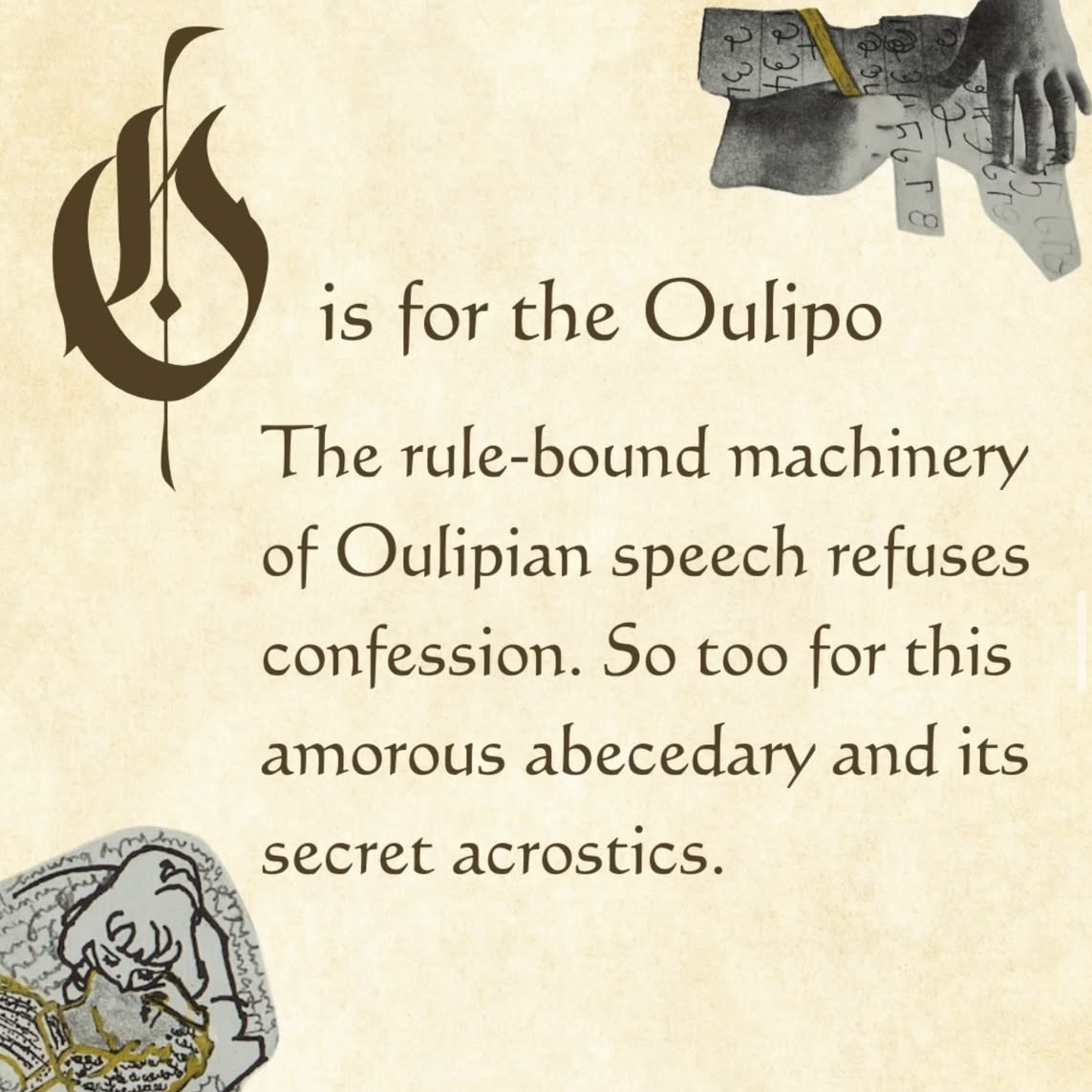
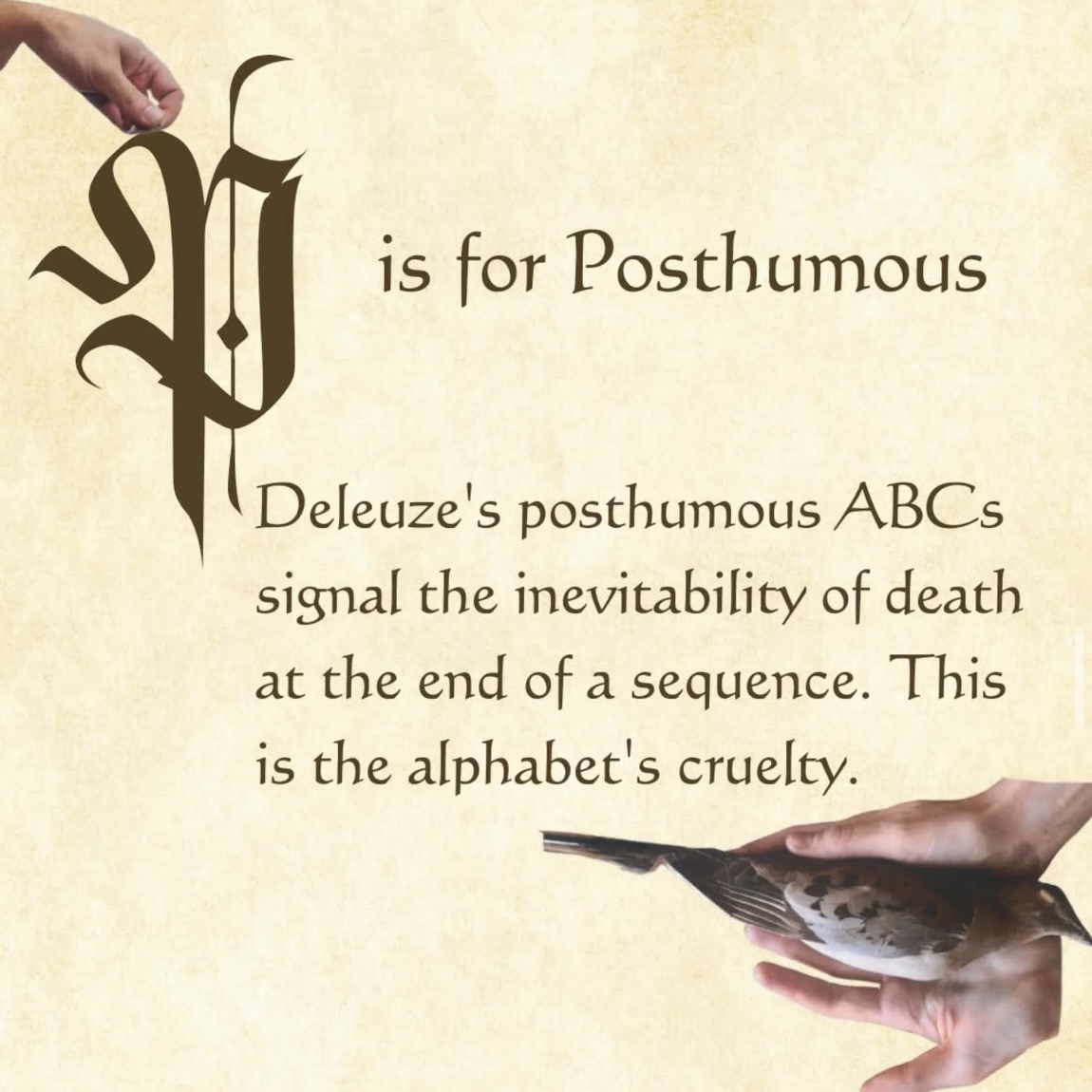
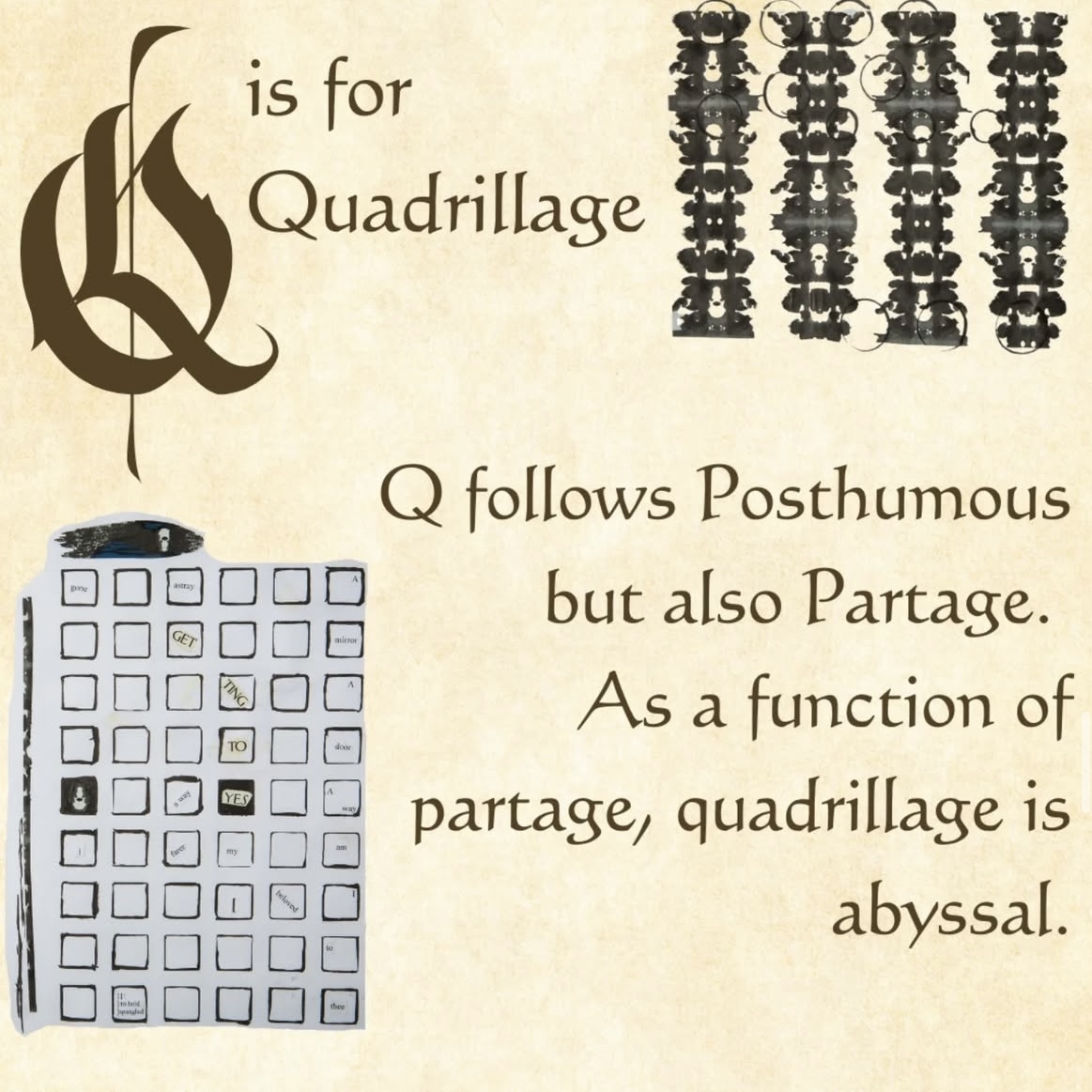
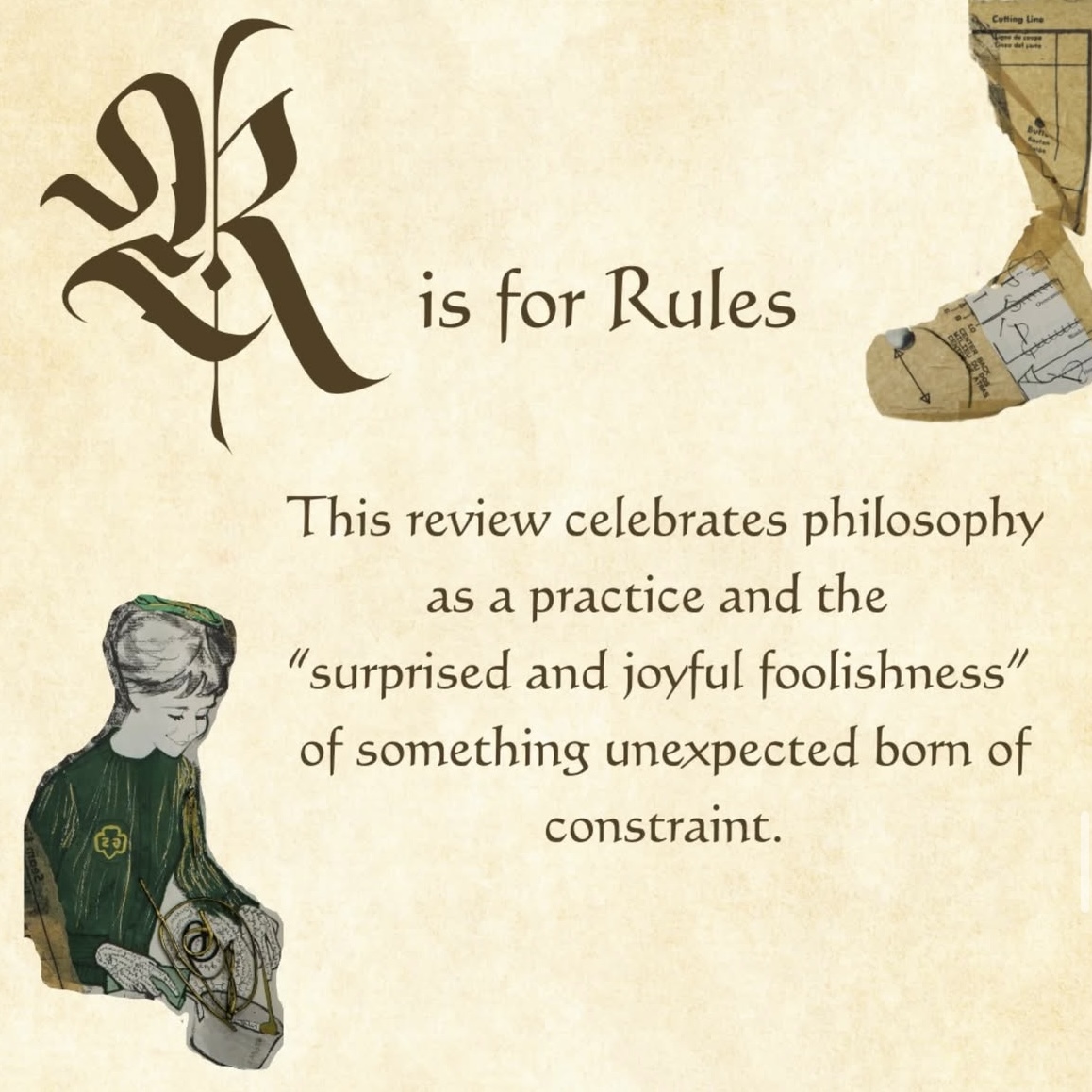
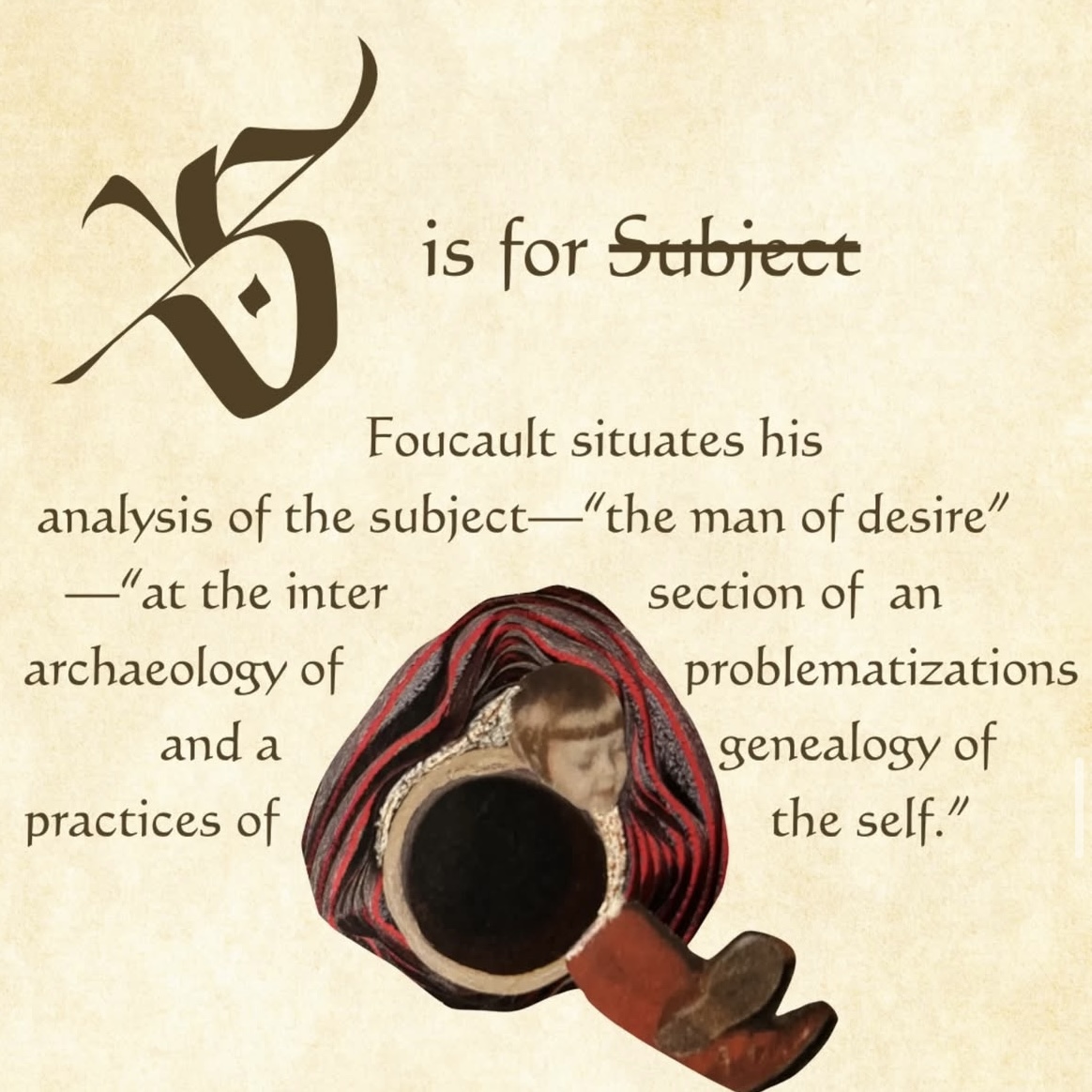
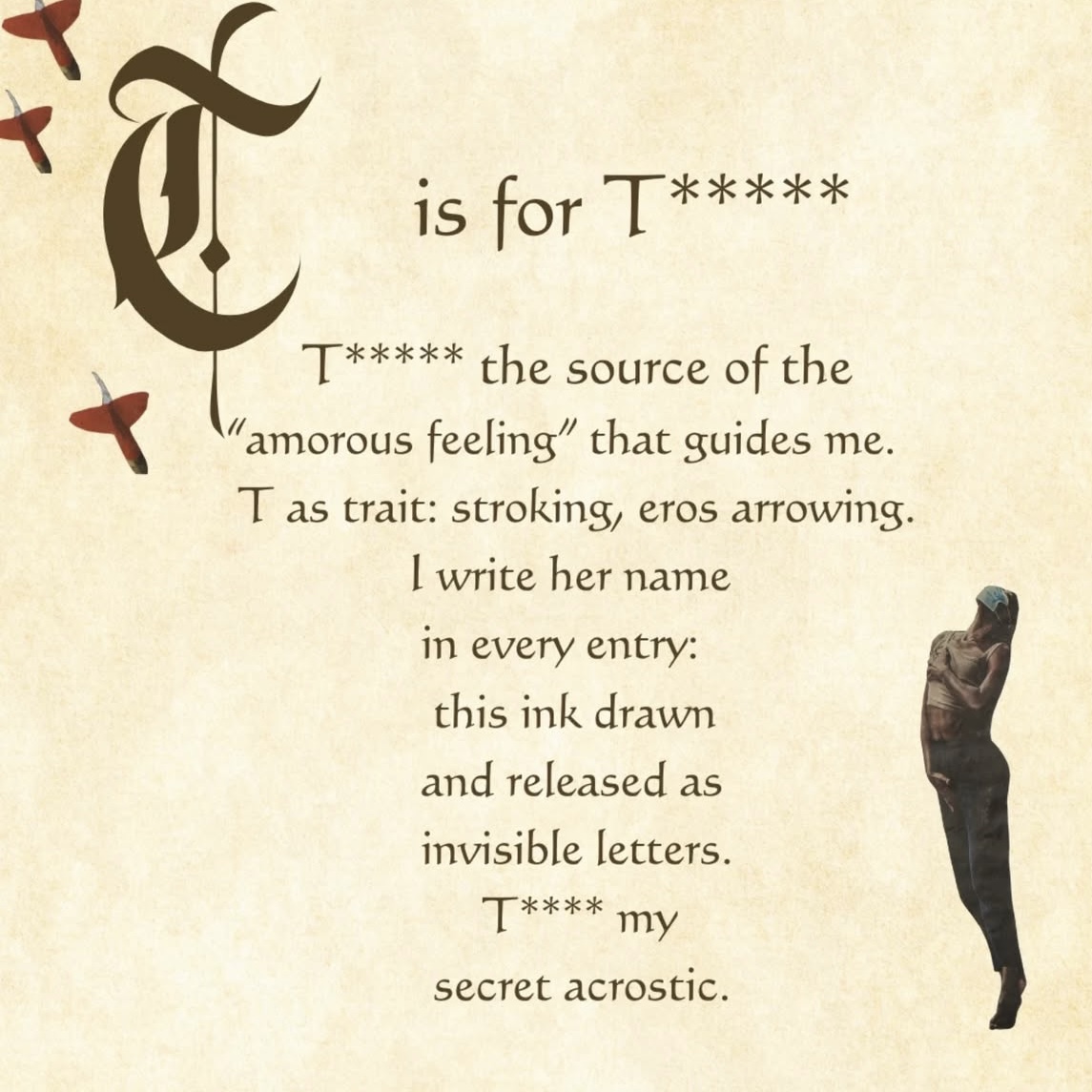
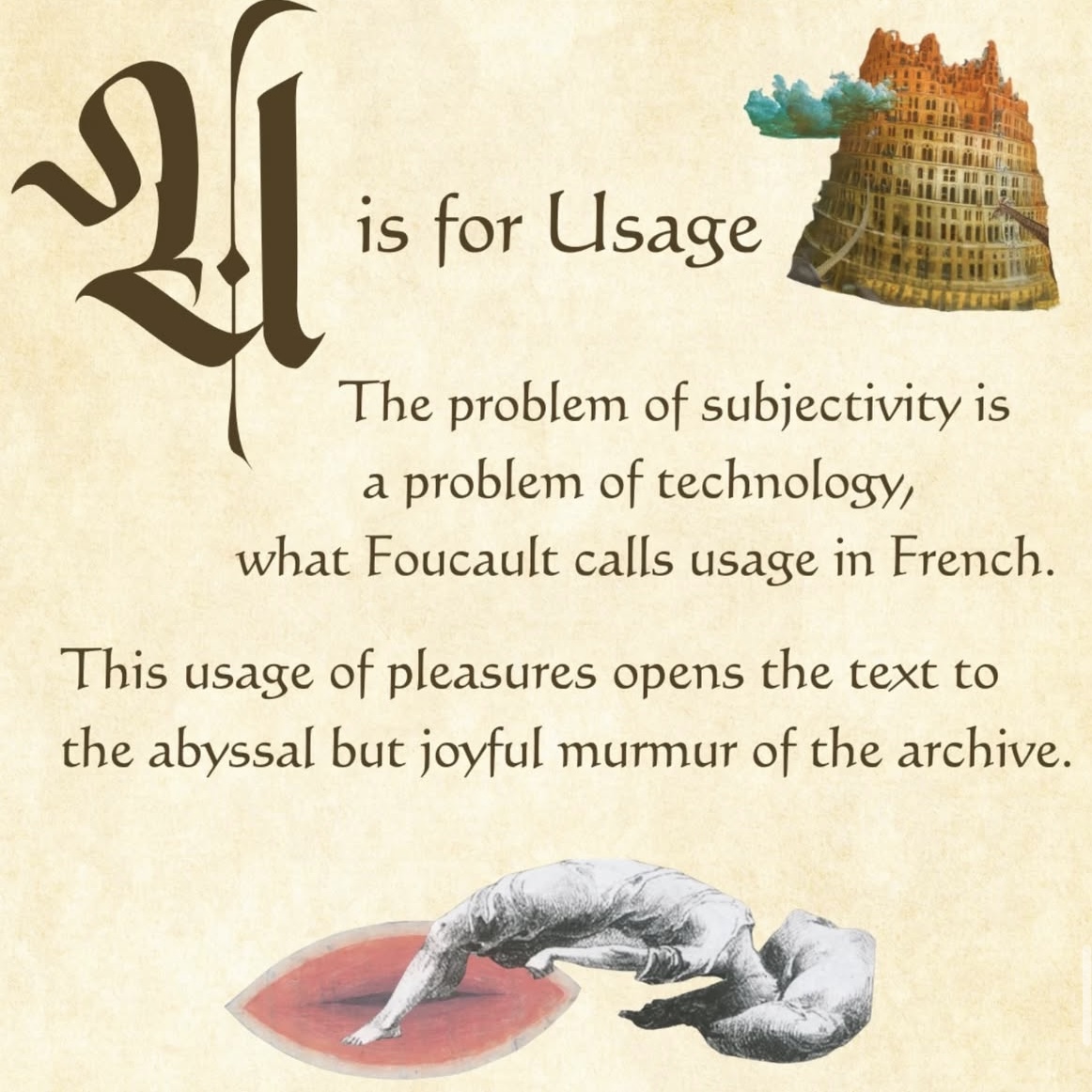
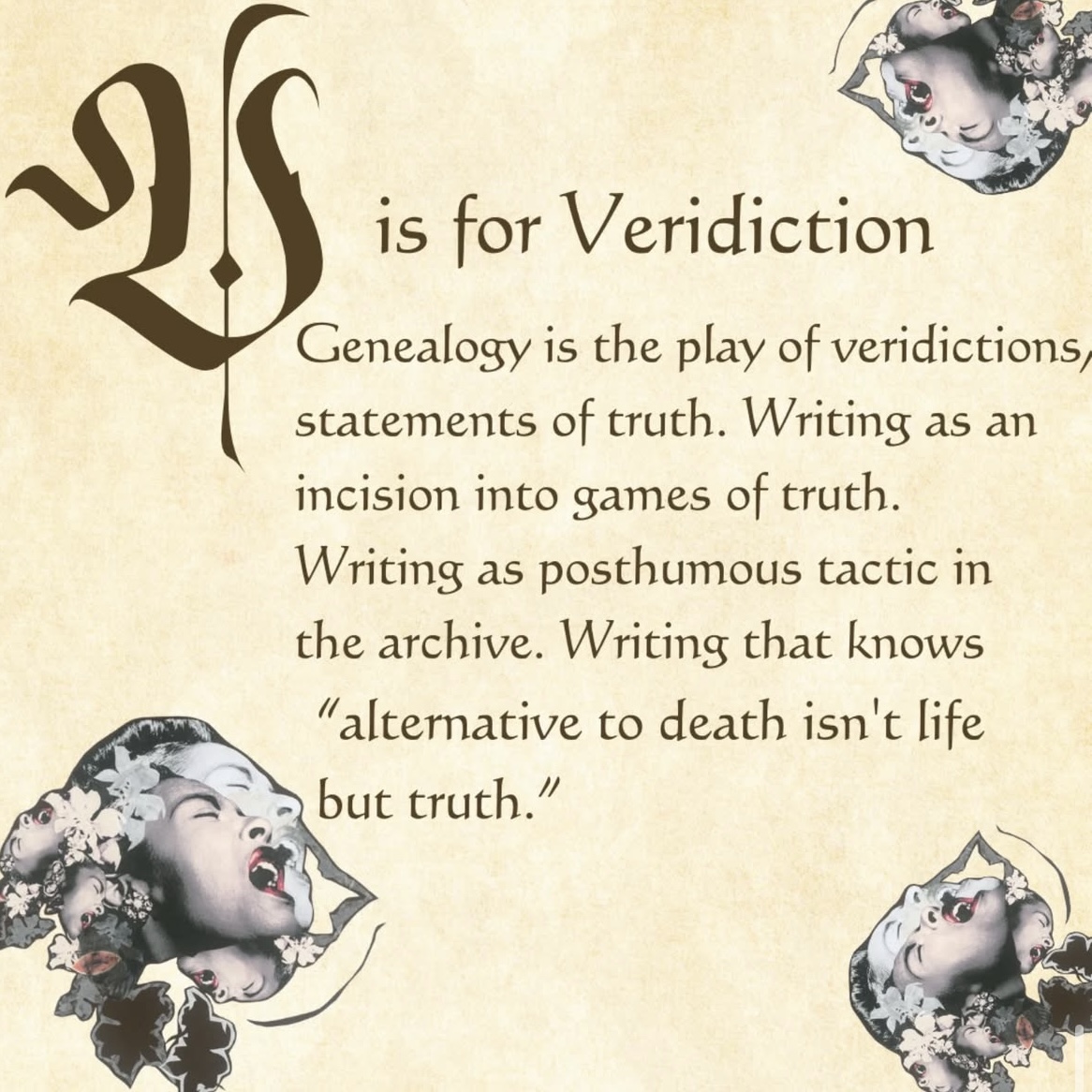
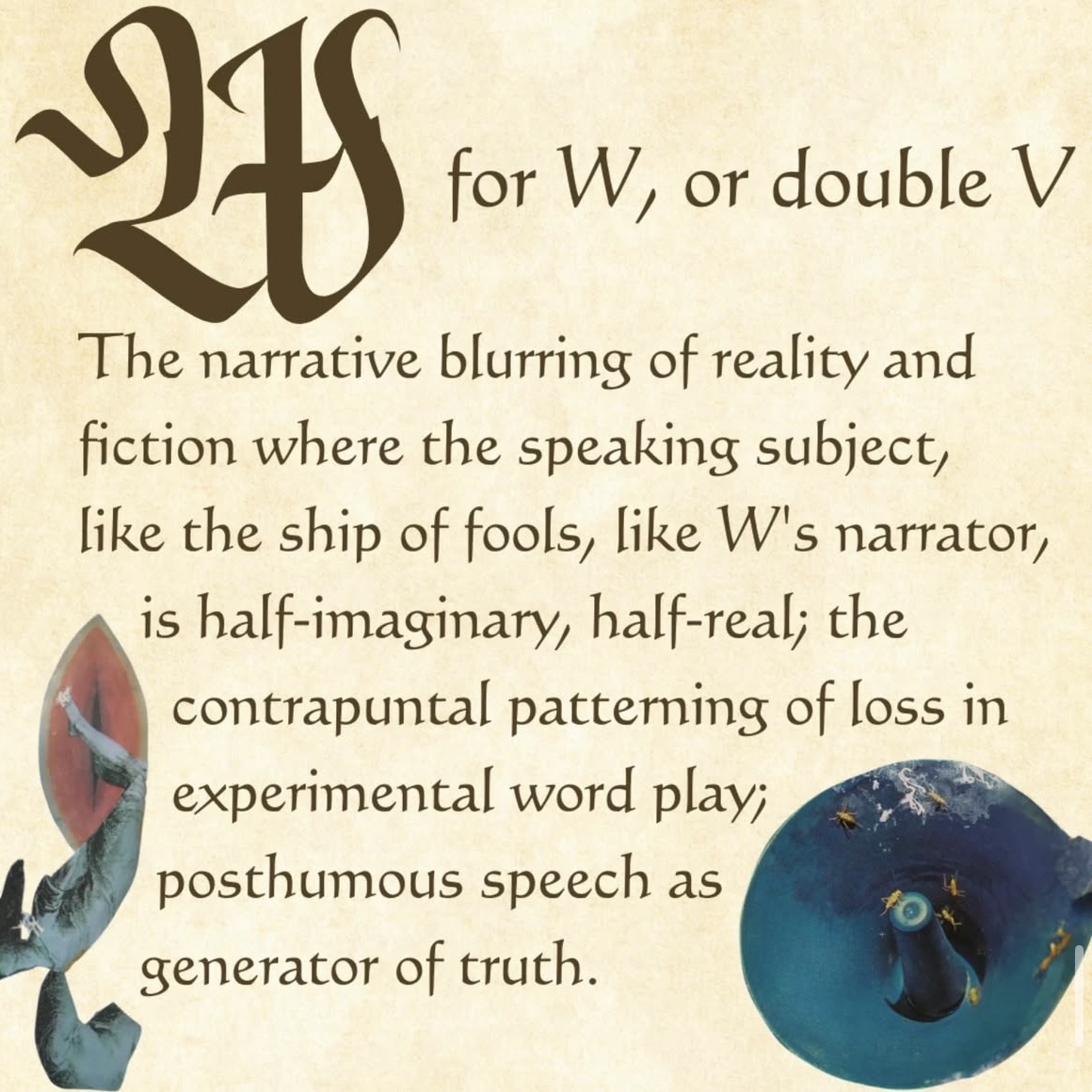
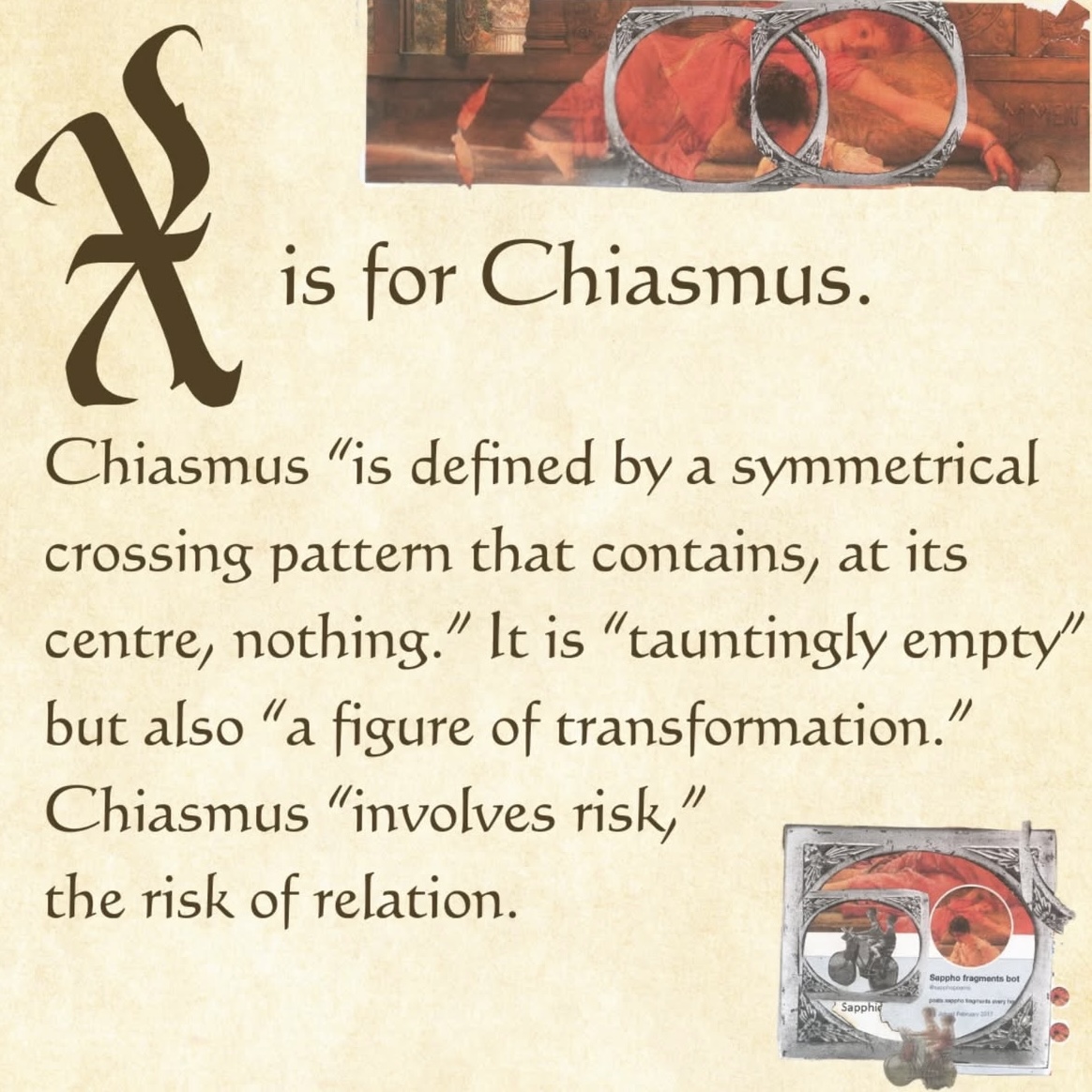
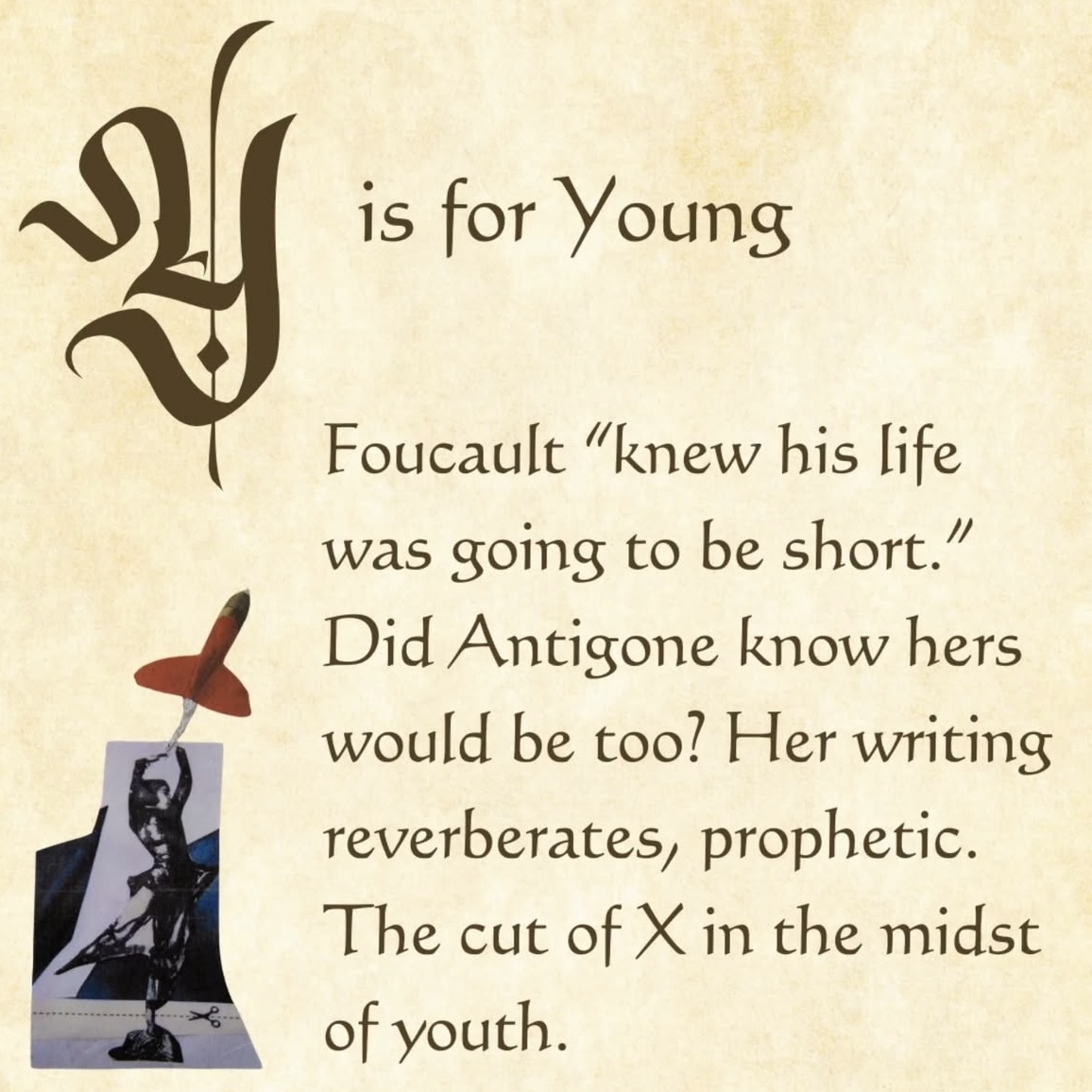
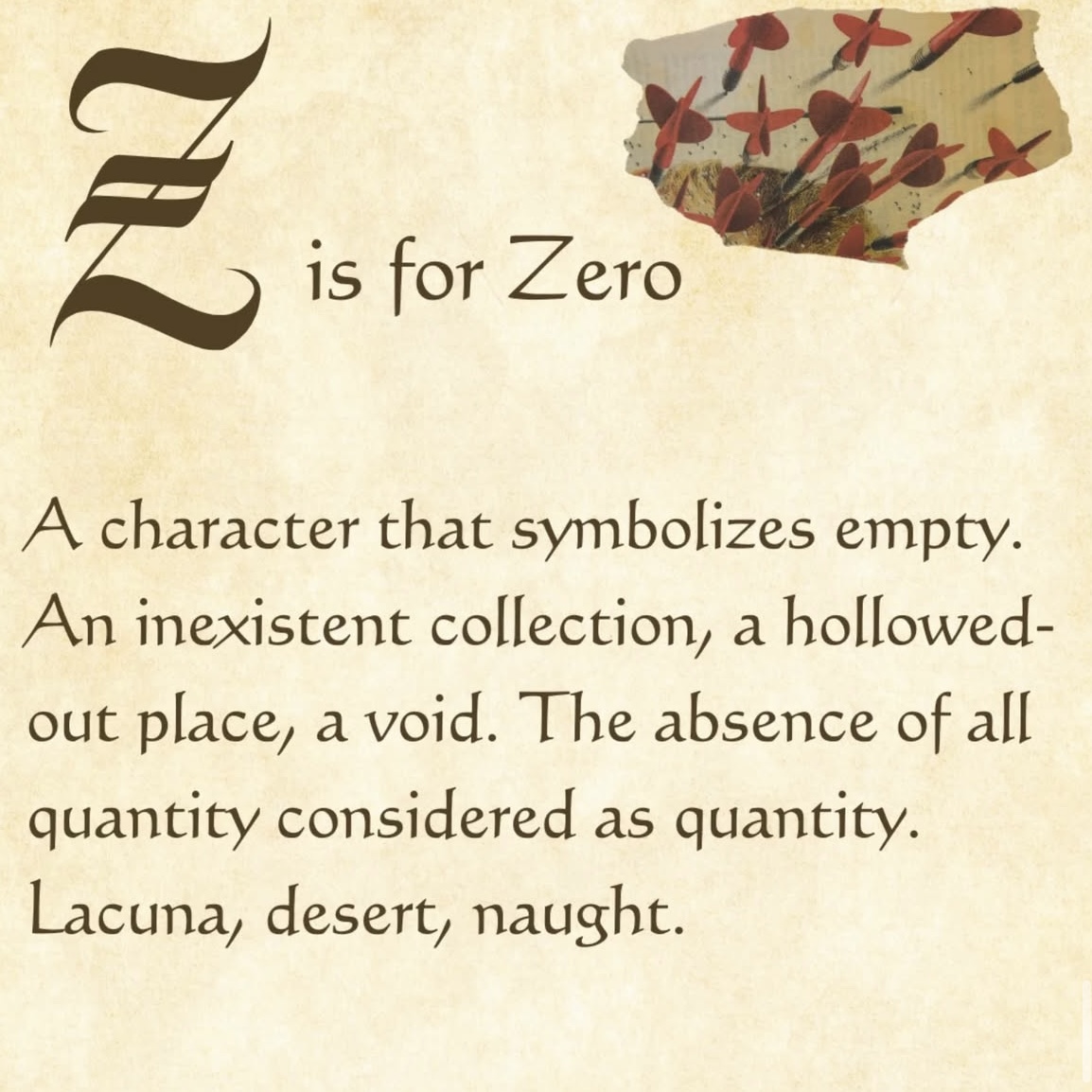
This essay reviews the first and last volumes of Stuart Elden’s four‐volume intellectual biography of Michel Foucault, The Early Foucault (2021) and Foucault’s Last Decade (2016). It borrows from Roland Barthes an abecedarian method to experiment with the play between order and archive that subtends Elden’s Foucault series. Like Foucault, Elden deploys an explicitly archival method for thinking philosophically. That method brings both historiographical and conceptual clarity to our understanding of Foucault within the chronological frame of his life. As a poetic order, the acrostic experimentation of abecedarian writing brings into view the nonchronological archival murmur that both shapes and exceeds Elden’s ordering of fragments in dossiers and the gaps between them.
Unbearable Speech (2024)
In: differences (2024) 35 (3): 34–62.
What happens to ethical discourse when it begins by interrogating the givenness of the moral subject? This question lies at the heart of Butler’s ethics. The stakes of that question emerge most saliently in Butler’s reading of Foucault in Giving an Account of Oneself, where they engage, specifically, a famous Foucauldian line from 1968: “Discourse is not life; its time is not yours.” How might we read, today, the political stakes of Butler’s ethical uptake of Foucault against the backdrop of the anti-authoritarian, anticolonial 1960s Tunisian scene that gave rise to Foucault’s comments about discourse and time? Responding to this question, this essay reframes Foucault’s antihumanism as explicitly anticolonial. In doing so, it brings to the fore crucial differences and overlaps between Foucault and Butler with regard to subjectivity, politics, and the question of the human.
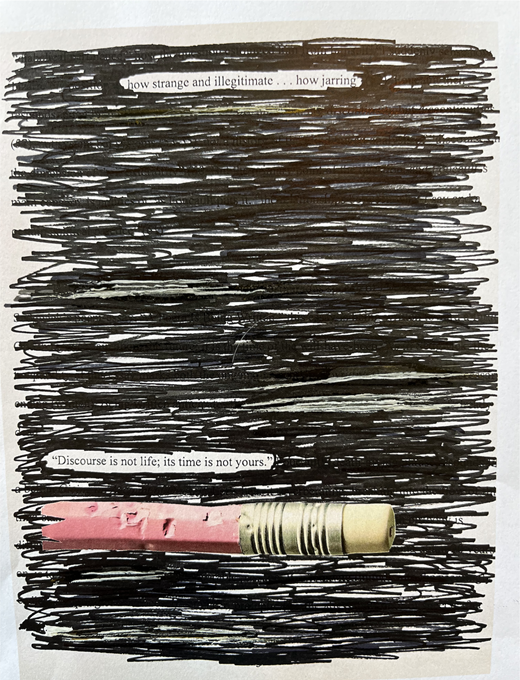
Unbearable Speech (2024)

In: differences (2024) 35 (3): 34–62.
What happens to ethical discourse when it begins by interrogating the givenness of the moral subject? This question lies at the heart of Butler’s ethics. The stakes of that question emerge most saliently in Butler’s reading of Foucault in Giving an Account of Oneself, where they engage, specifically, a famous Foucauldian line from 1968: “Discourse is not life; its time is not yours.” How might we read, today, the political stakes of Butler’s ethical uptake of Foucault against the backdrop of the anti-authoritarian, anticolonial 1960s Tunisian scene that gave rise to Foucault’s comments about discourse and time? Responding to this question, this essay reframes Foucault’s antihumanism as explicitly anticolonial. In doing so, it brings to the fore crucial differences and overlaps between Foucault and Butler with regard to subjectivity, politics, and the question of the human.
On the Summer School for Sexualities, Culture, and Politics in Belgrade, Serbia (2015)

Strange Eros – lecture at Summer School for Sexualities, Culture, and Politics, Belgrade, Serbia (2015)
Panel on Foucault’s Strange Eros (2020)
Conversation with Penelope Deutscher and Jana Sawicki on Foucault’s Strange Eros (2020)
Annual Eve Kosofsky Sedgwick Queer Theory lecture at Duke University (2023)
On the Summer School for Sexualities, Culture, and Politics in Belgrade, Serbia (2015)

Strange Eros – lecture at Summer School for Sexualities, Culture, and Politics, Belgrade, Serbia (2015)
Panel on Foucault’s Strange Eros (2020)
Conversation with Penelope Deutscher and Jana Sawicki on Foucault’s Strange Eros (2020)
Annual Eve Kosofsky Sedgwick Queer Theory lecture at Duke University (2023)
Interview with Sidra Shahid and Jeremy Bendik-Keymer for APA Blog, 2021
Genealogies of Philosophy: Lynne Huffer

Live Theory, Ep. 5
Lynne Huffer: Foucault’s Strange Eros and Deleuzian Desire
In this episode Lynne Huffer, Professor of WGSS at Emory University, discusses Foucault’s Strange Eros (2020), the third book in her trilogy on Foucault. Reading Foucault as a Sapphic poet who makes “cuts” in the archive, Huffer argues that in the West “eros is to sexuality as unreason is to madness,” or, in other words, that eros forms an elusive background out of which sciences such as sexology extract objects of sexual knowledge which they can then presume to study. Eros, as that which is “other to the West although also at the origin of the West,” is thus also that which is “strange.” Responding to our invitation to consider overlaps and divergences between Foucault’s eros and Deleuzian desire, Huffer considers potential equivalences between these two concepts as well as questions the motivation for equating, and thus eliding, their differences. In this process, she also offers a response to Deleuze’s own articulation of the gap between his concept of desire and Foucault’s notion of pleasure, as he articulated them in his 1977 letter to Foucault titled “Desire and Pleasure.”
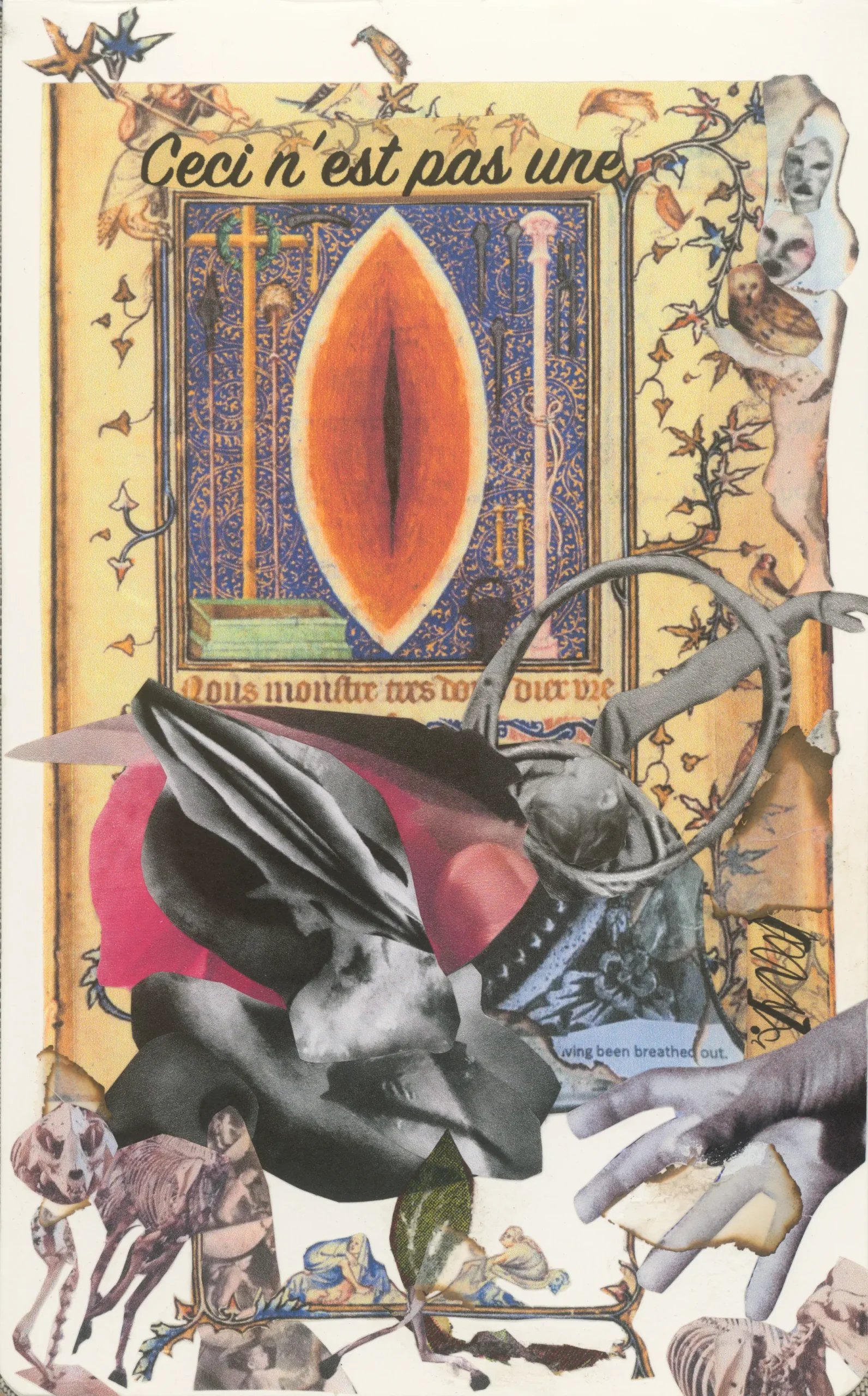
Meredith
There’s a poem by Susan Howe that I’ve known by heart ever since my friend Serene and I memorized it one summer, almost twenty years ago, while renting a house in the Connecticut forest.
We that were wood when that a wide wood was
In a physical universe playing with words
Bark be my limbs, my hair be leaf
Bride be my lyre, my bow, my quiver.
Nymph in Bathtub
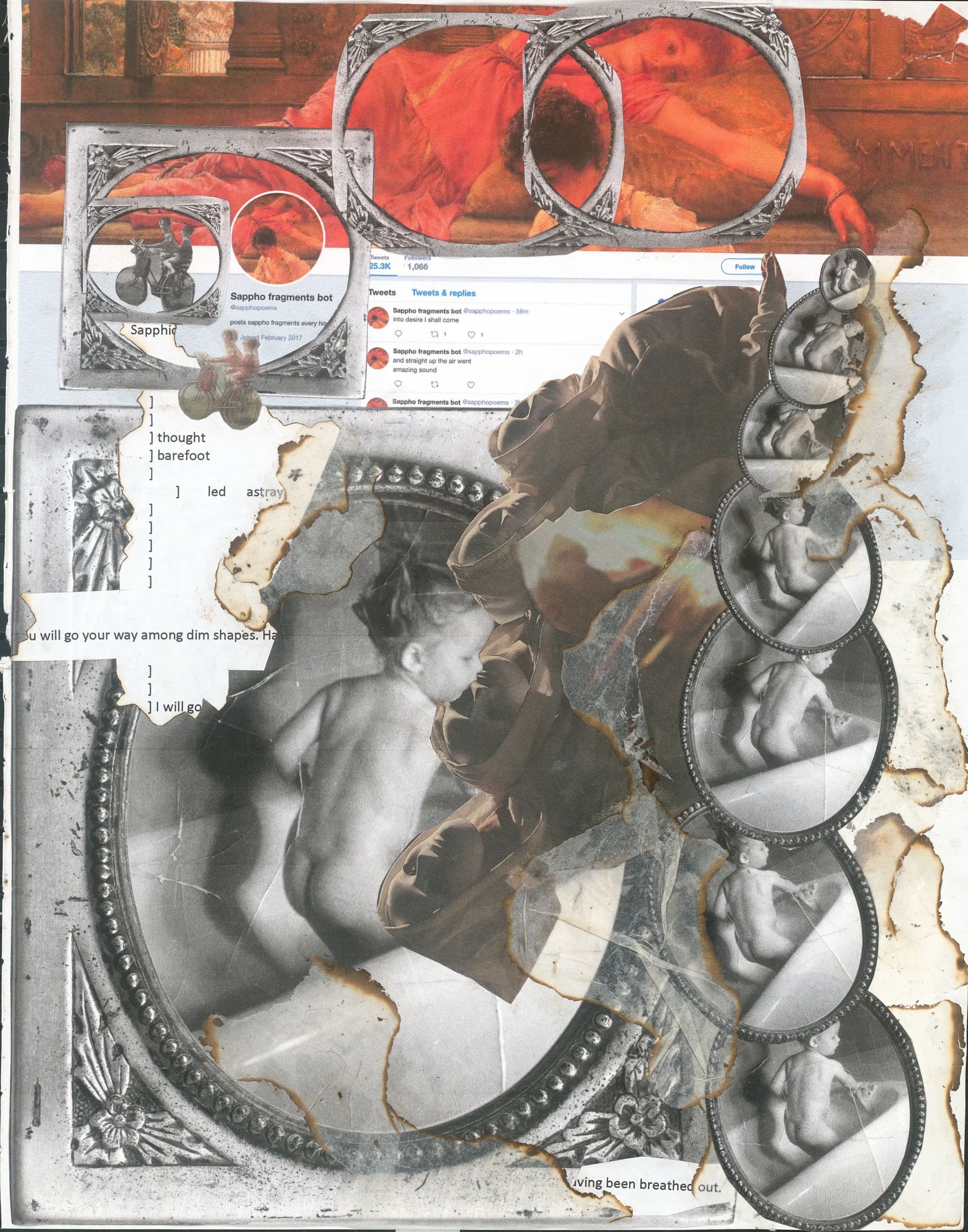
Tick-tick
(2018)
When empathy isn’t nearly enough: Why the Syrian Refugee Crisis demands more than mercurial emotion
(2015)
Bigotry didn’t die with DOMA, neither should radical queer politics
(2013)
Unwrapping the new Twinkie
(2013)
It’s the economy, sister
(2013)
The new normal not good enough
(2012)
Interview with Sidra Shahid and Jeremy Bendik-Keymer for APA Blog, 2021
Genealogies of Philosophy: Lynne Huffer

Live Theory, Ep. 5
Lynne Huffer: Foucault’s Strange Eros and Deleuzian Desire
In this episode Lynne Huffer, Professor of WGSS at Emory University, discusses Foucault’s Strange Eros (2020), the third book in her trilogy on Foucault. Reading Foucault as a Sapphic poet who makes “cuts” in the archive, Huffer argues that in the West “eros is to sexuality as unreason is to madness,” or, in other words, that eros forms an elusive background out of which sciences such as sexology extract objects of sexual knowledge which they can then presume to study. Eros, as that which is “other to the West although also at the origin of the West,” is thus also that which is “strange.” Responding to our invitation to consider overlaps and divergences between Foucault’s eros and Deleuzian desire, Huffer considers potential equivalences between these two concepts as well as questions the motivation for equating, and thus eliding, their differences. In this process, she also offers a response to Deleuze’s own articulation of the gap between his concept of desire and Foucault’s notion of pleasure, as he articulated them in his 1977 letter to Foucault titled “Desire and Pleasure.”

Meredith
There’s a poem by Susan Howe that I’ve known by heart ever since my friend Serene and I memorized it one summer, almost twenty years ago, while renting a house in the Connecticut forest.
We that were wood when that a wide wood was
In a physical universe playing with words
Bark be my limbs, my hair be leaf
Bride be my lyre, my bow, my quiver.
Nymph in Bathtub

Tick-tick
(2018)
When empathy isn’t nearly enough: Why the Syrian Refugee Crisis demands more than mercurial emotion
(2015)
Bigotry didn’t die with DOMA, neither should radical queer politics
(2013)
Unwrapping the new Twinkie
(2013)
It’s the economy, sister
(2013)
The new normal not good enough
(2012)
